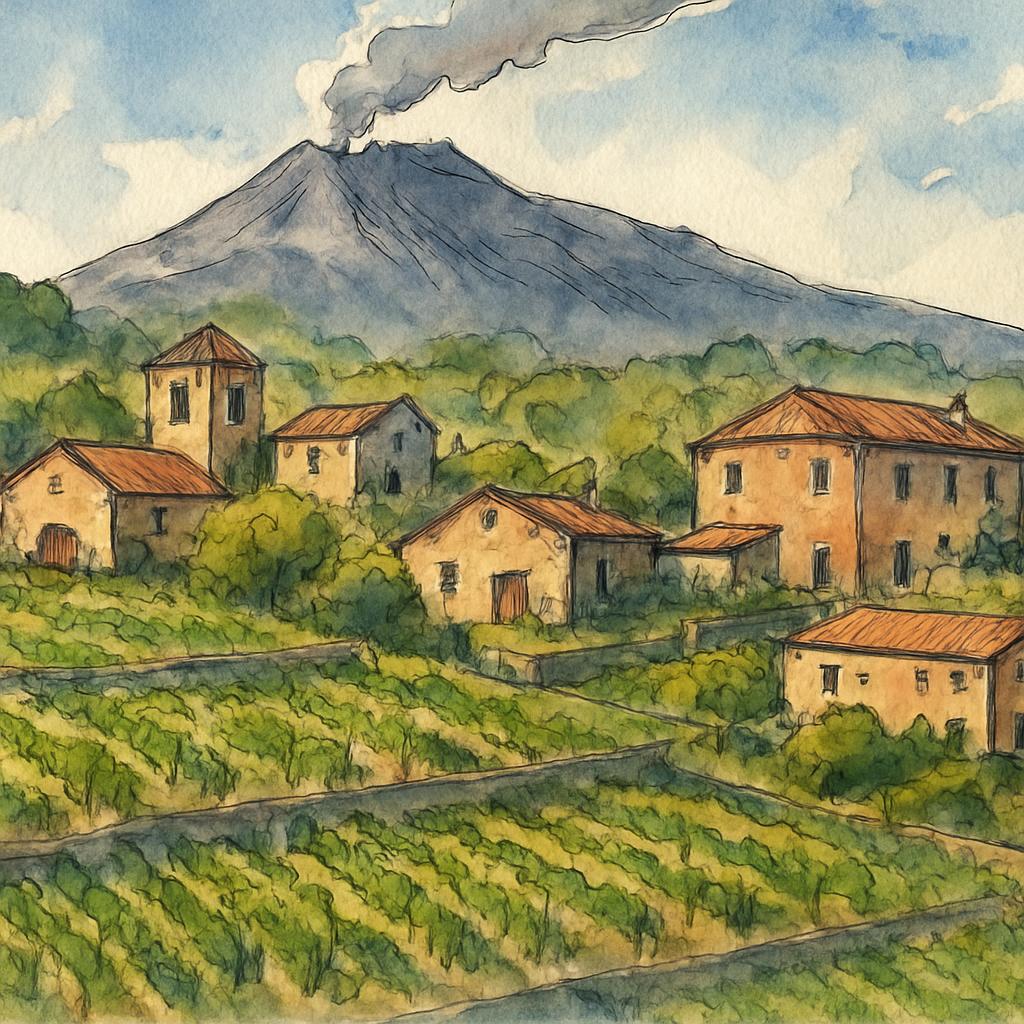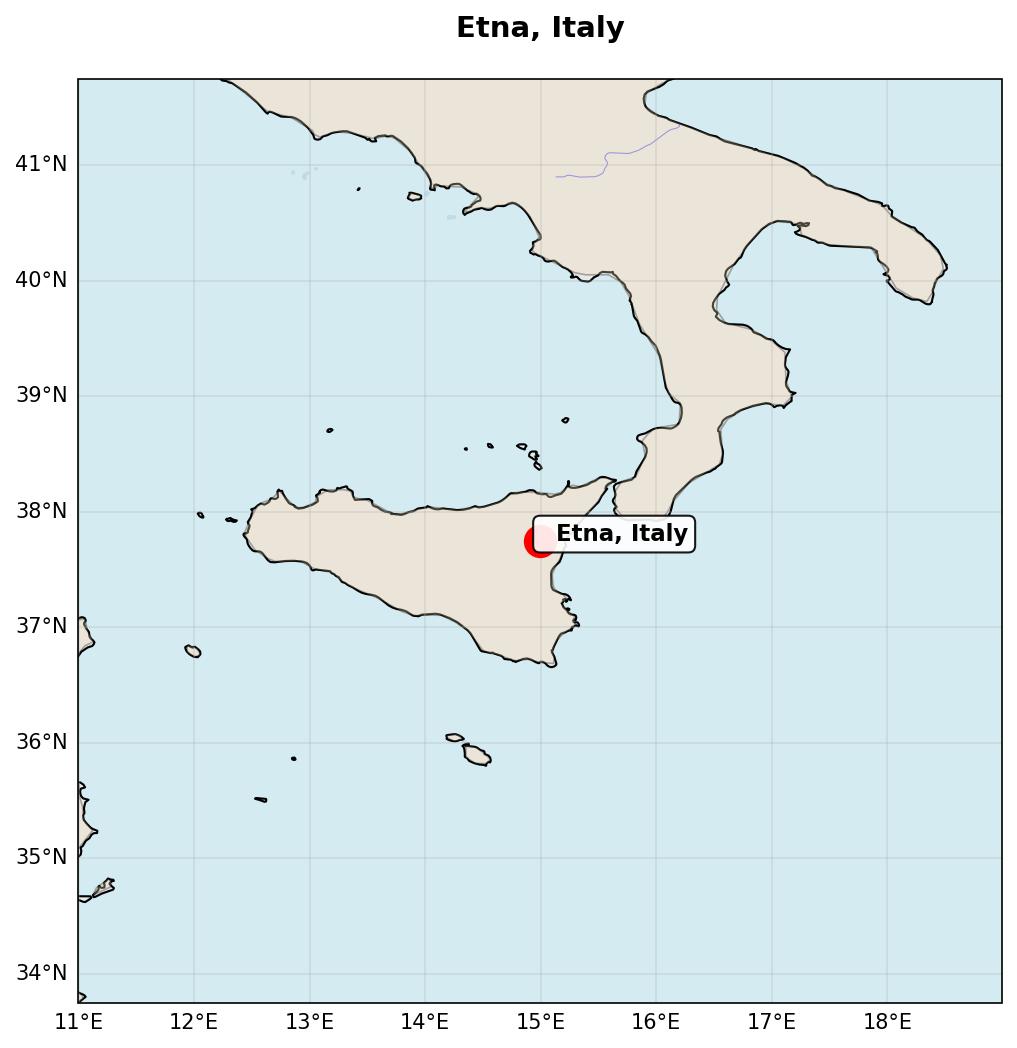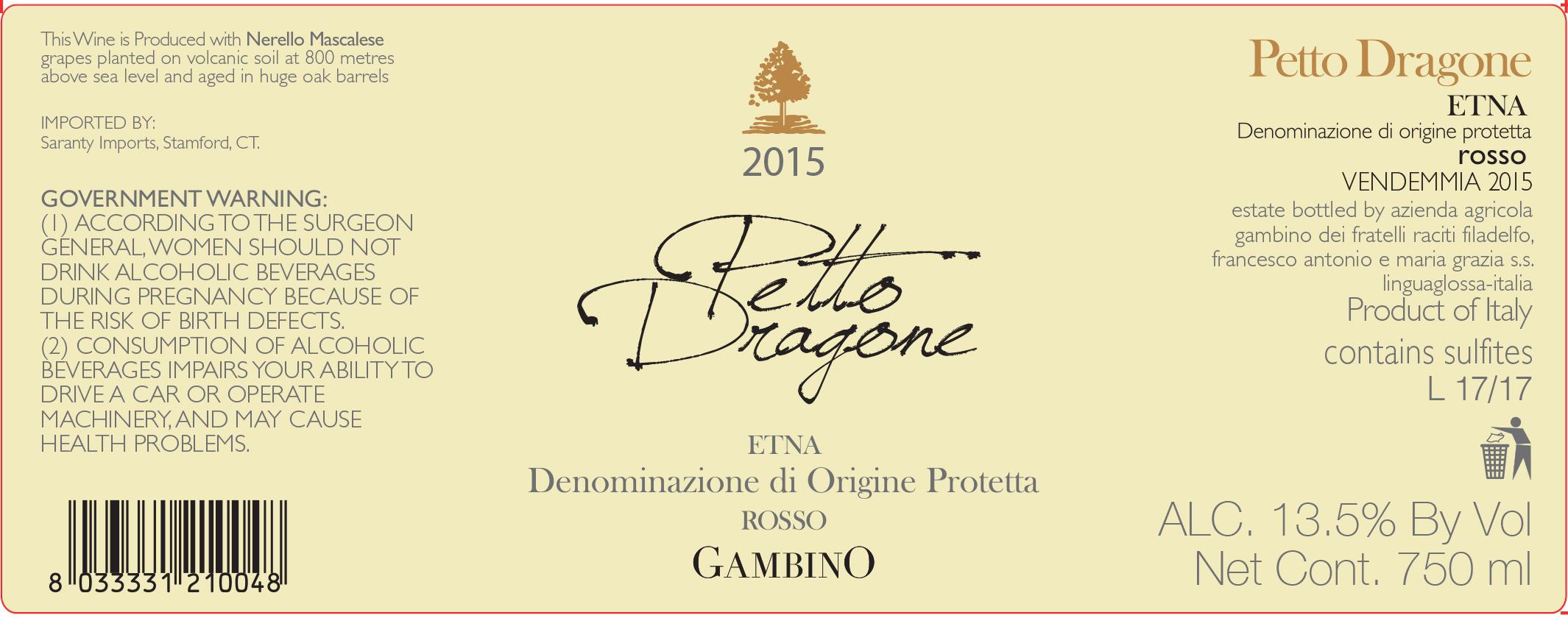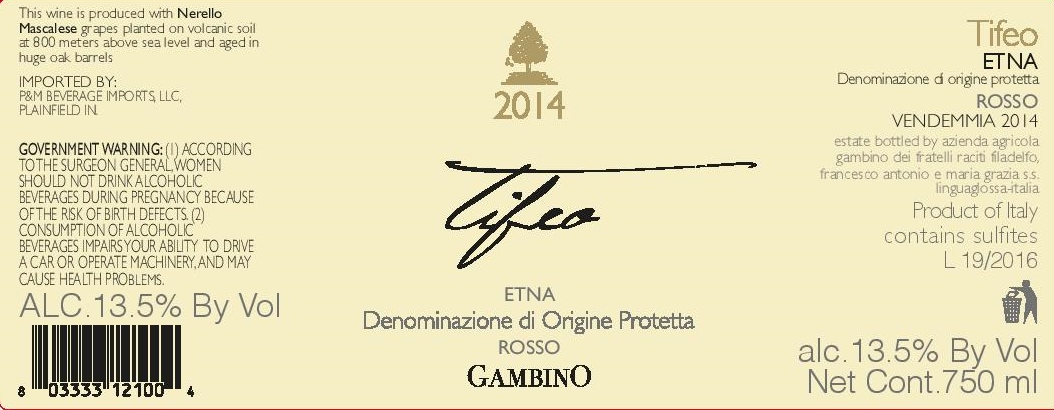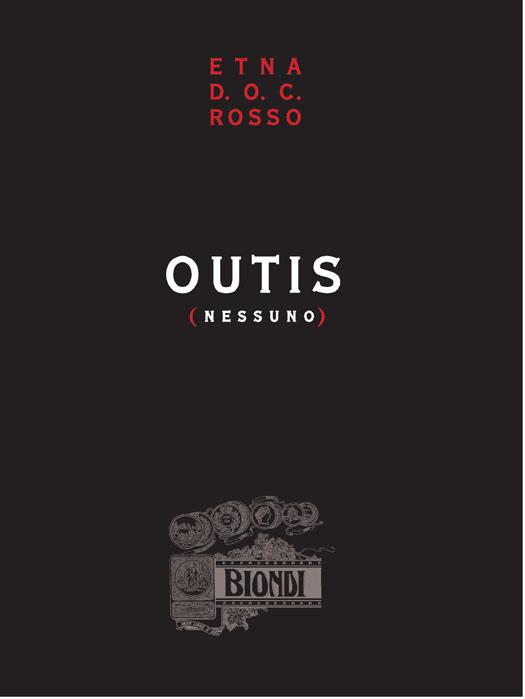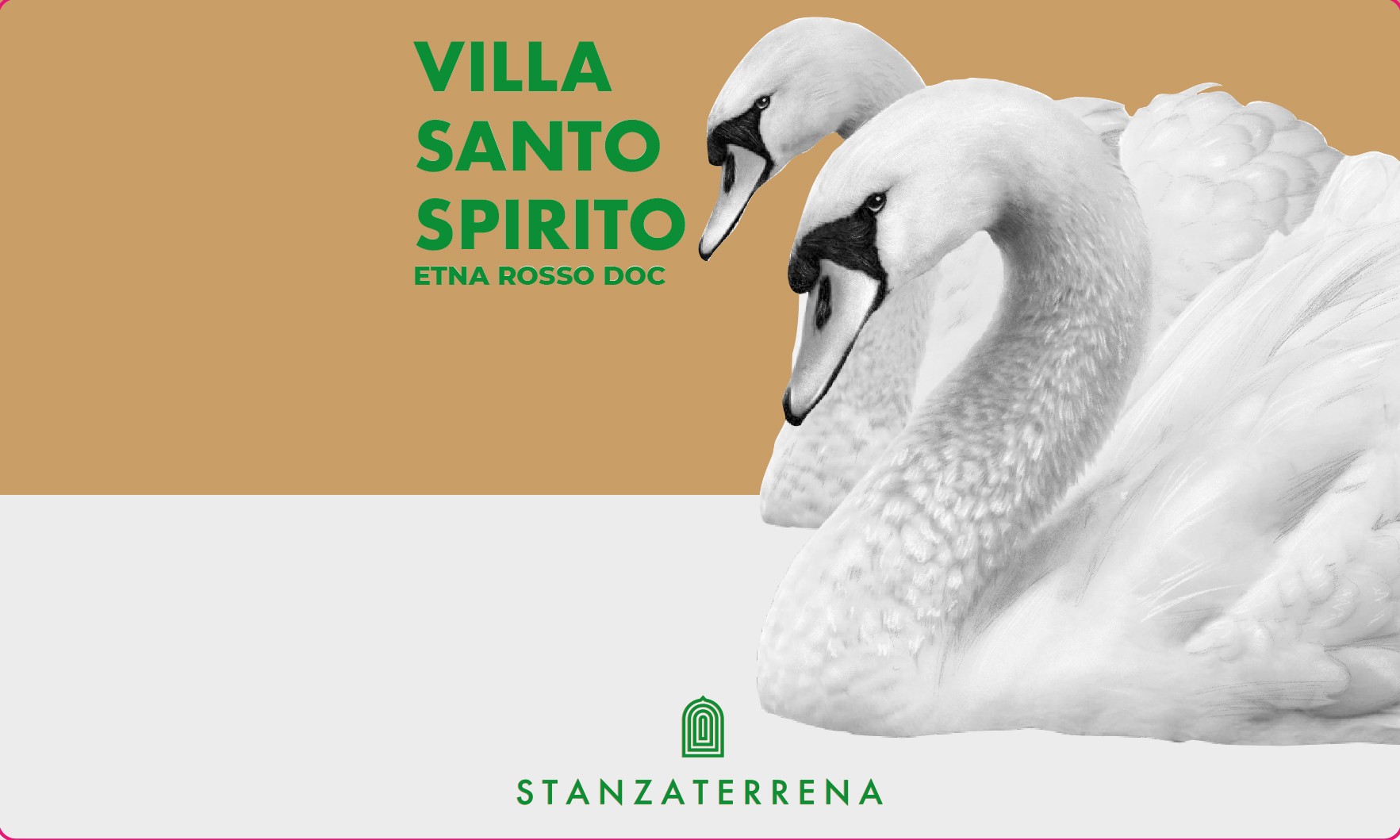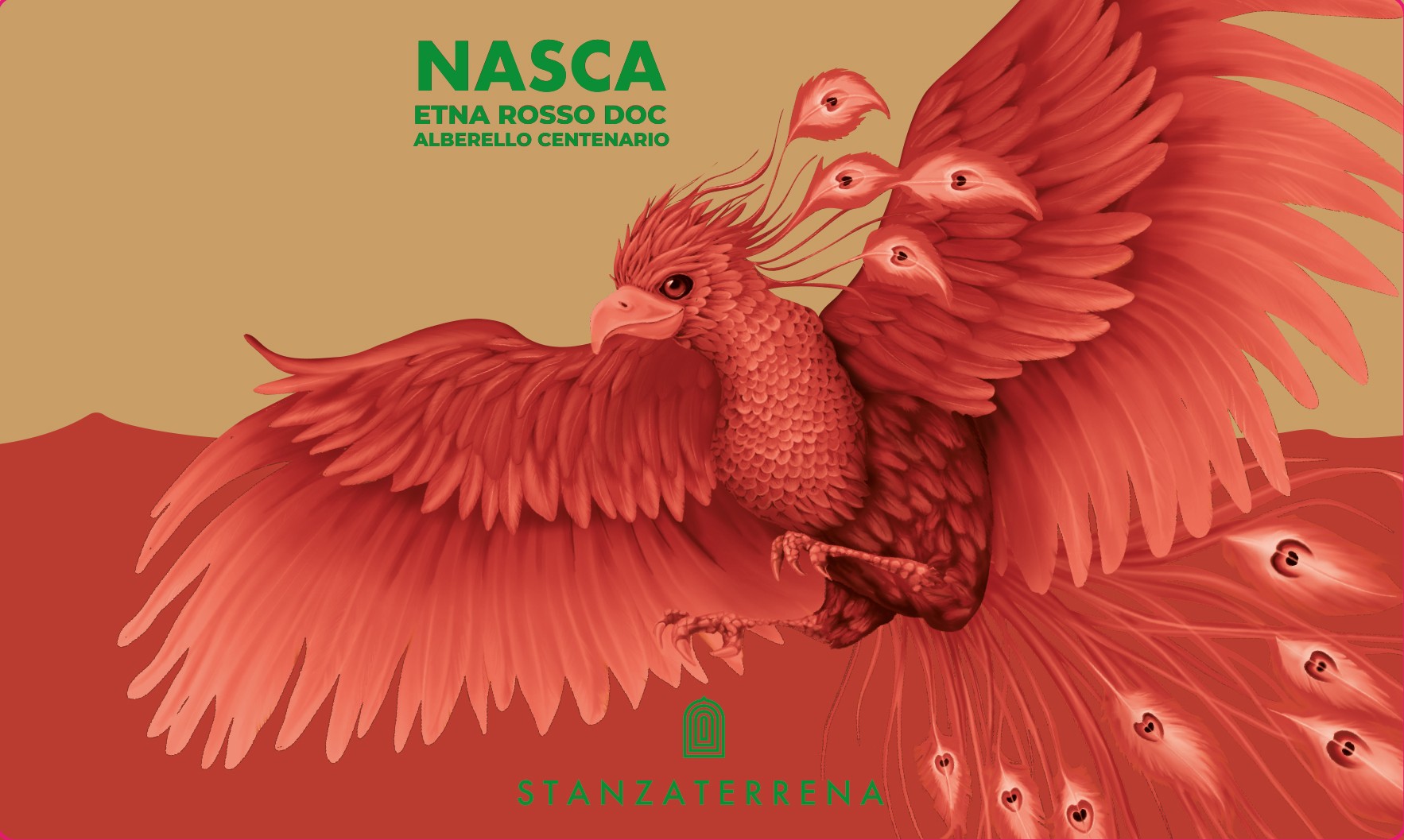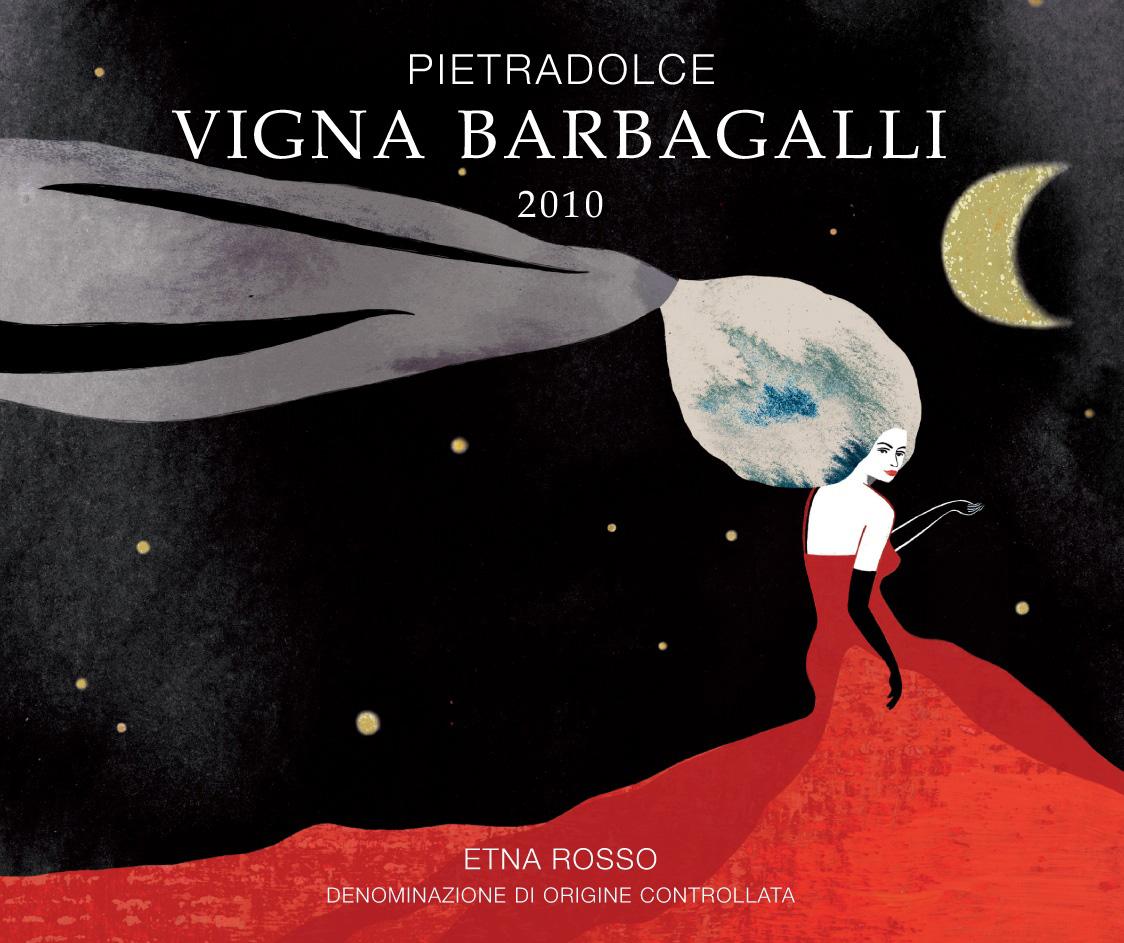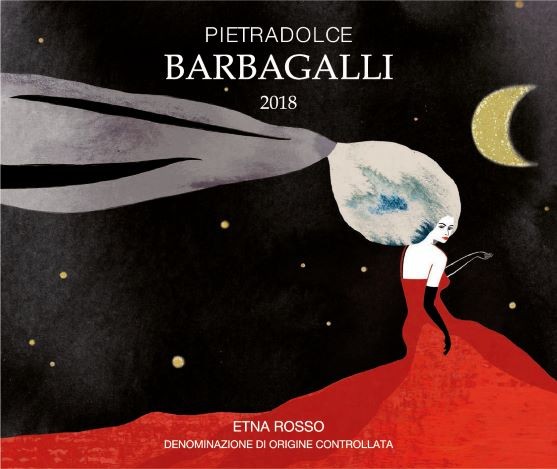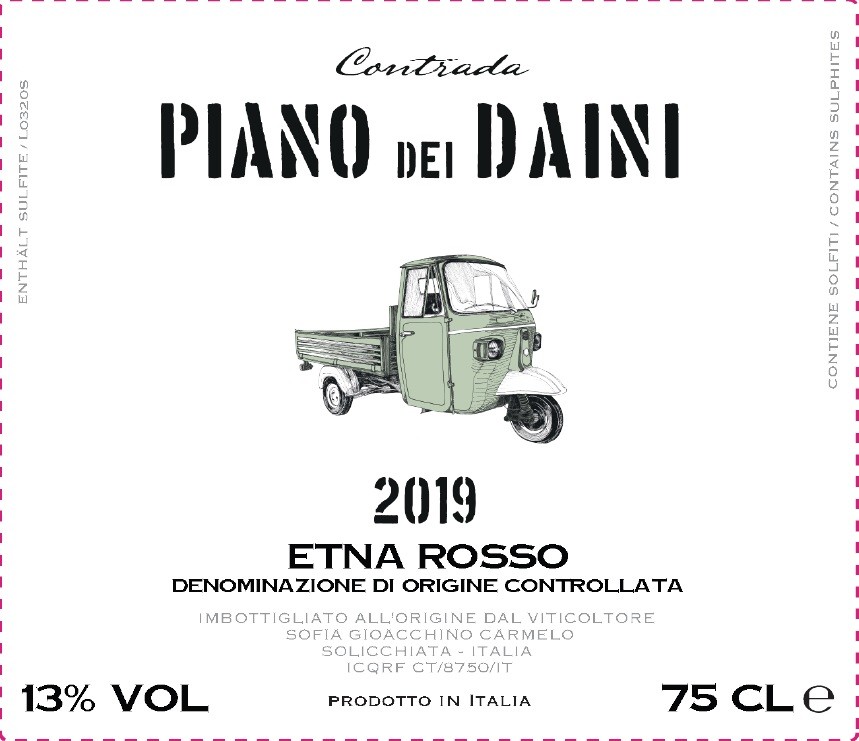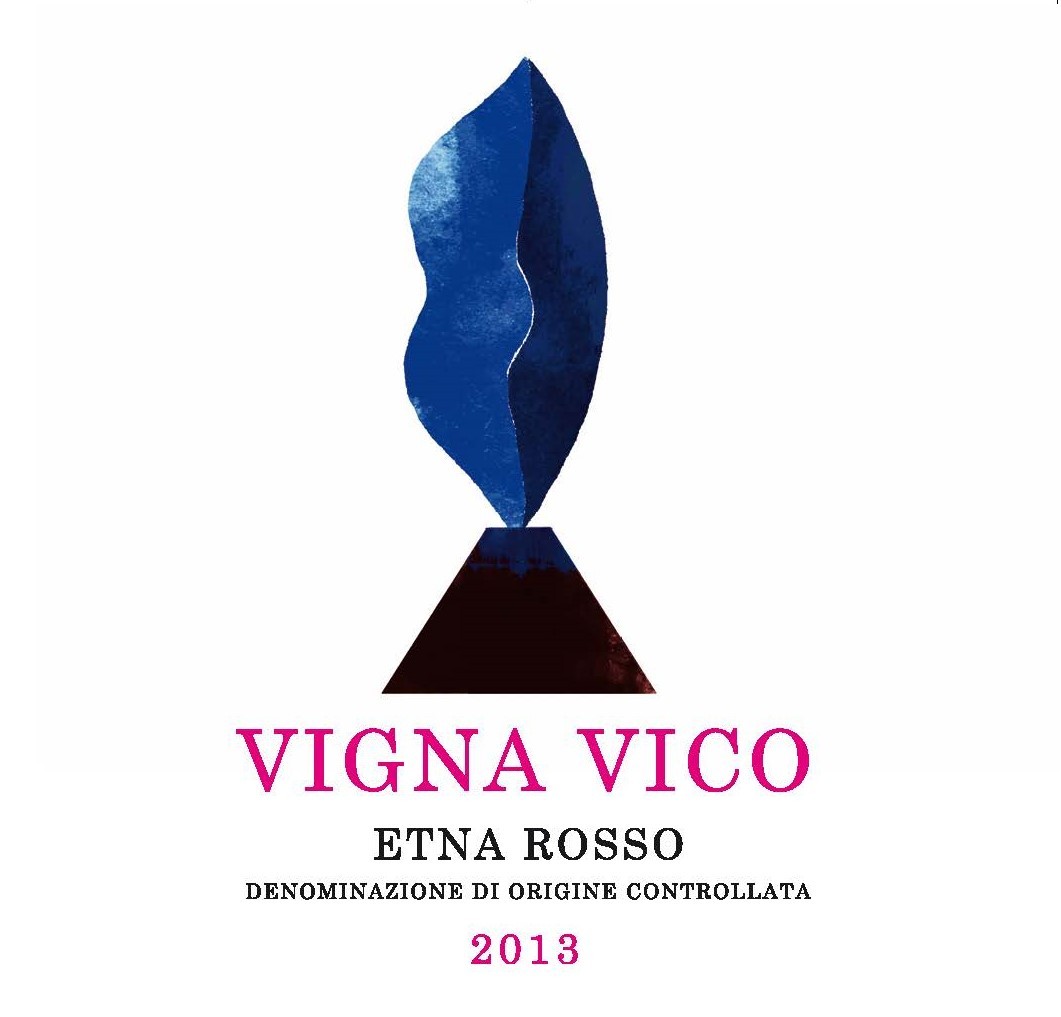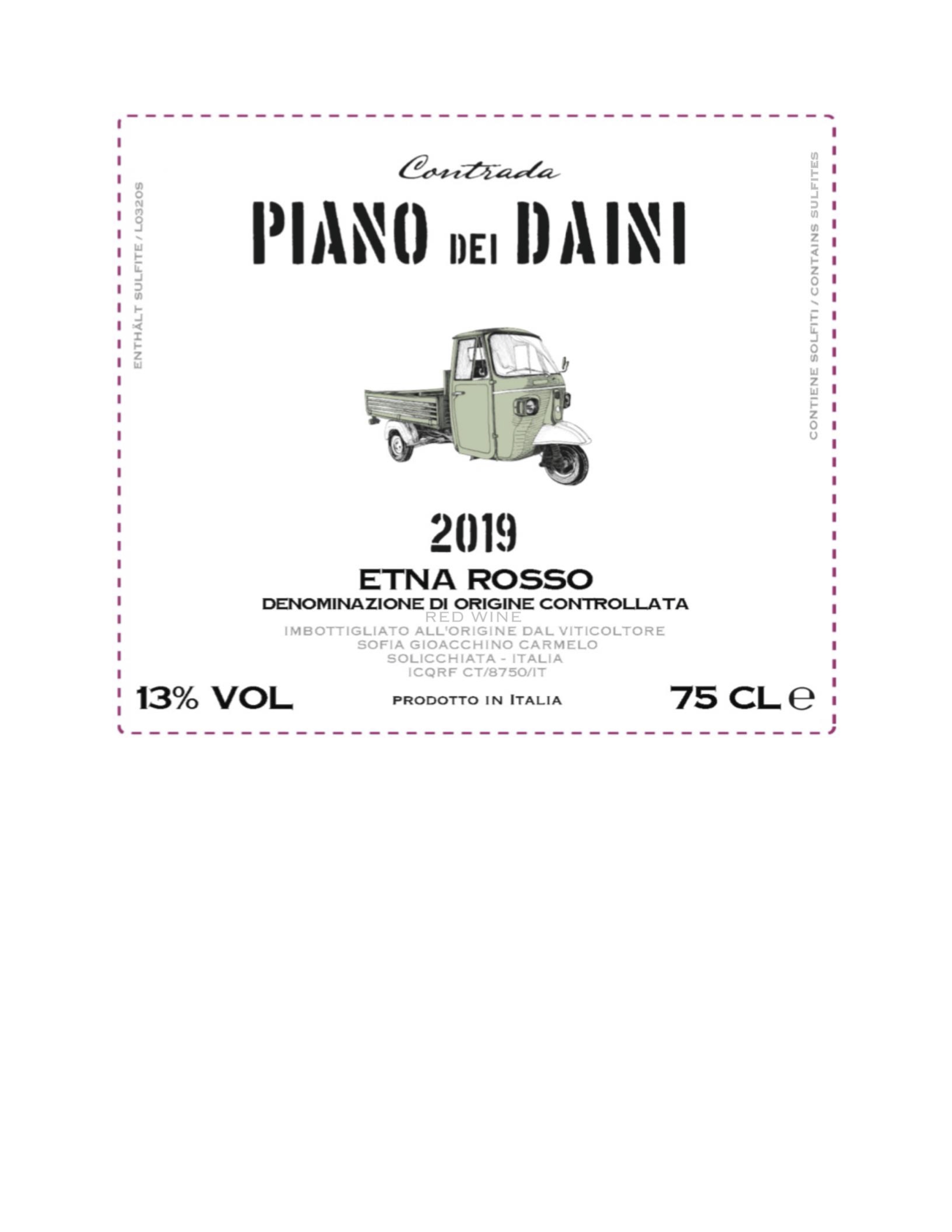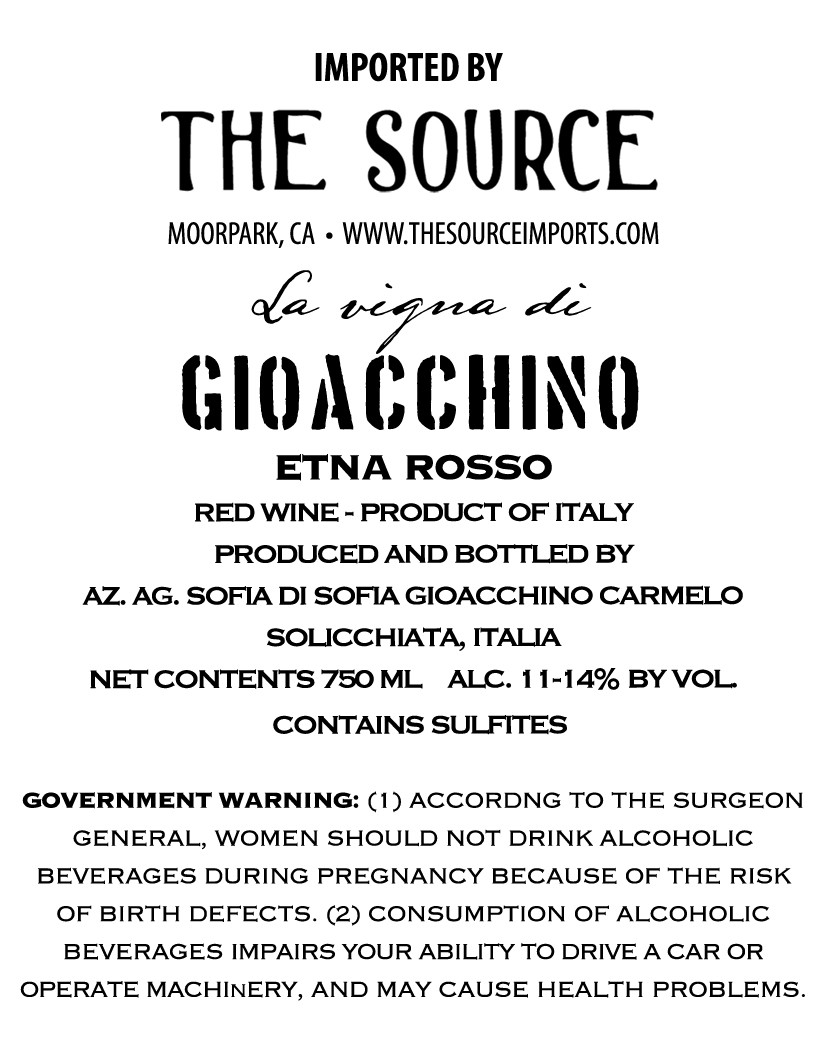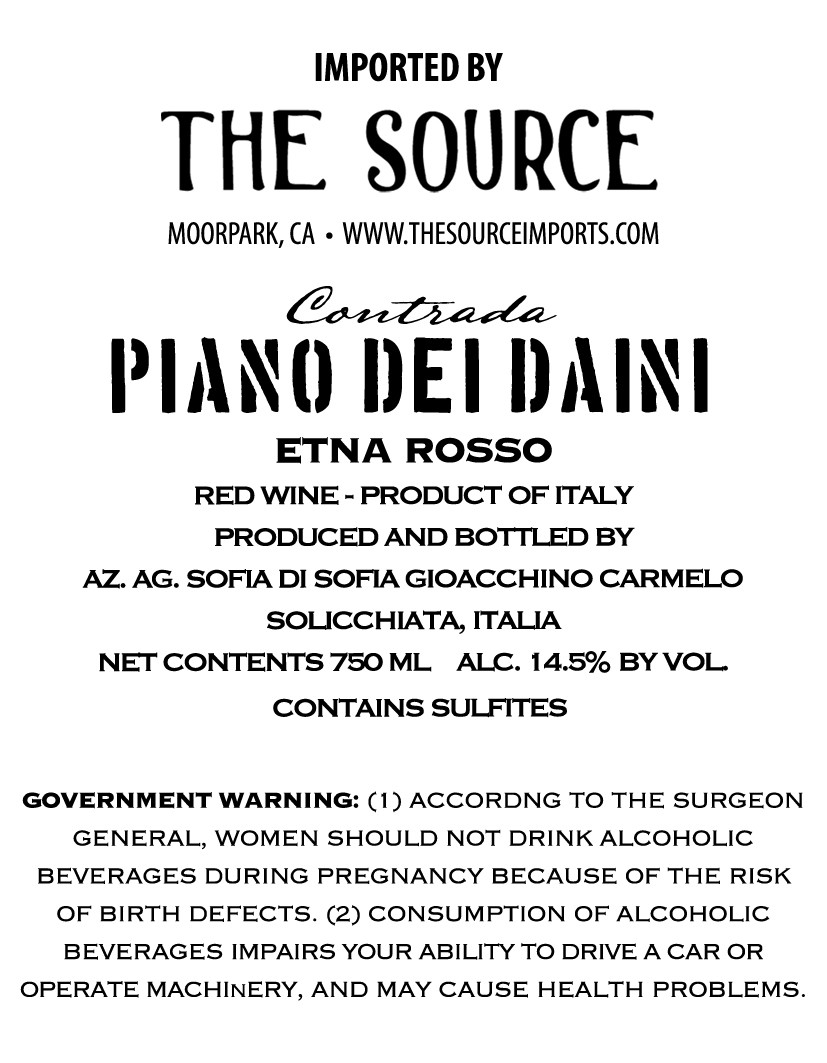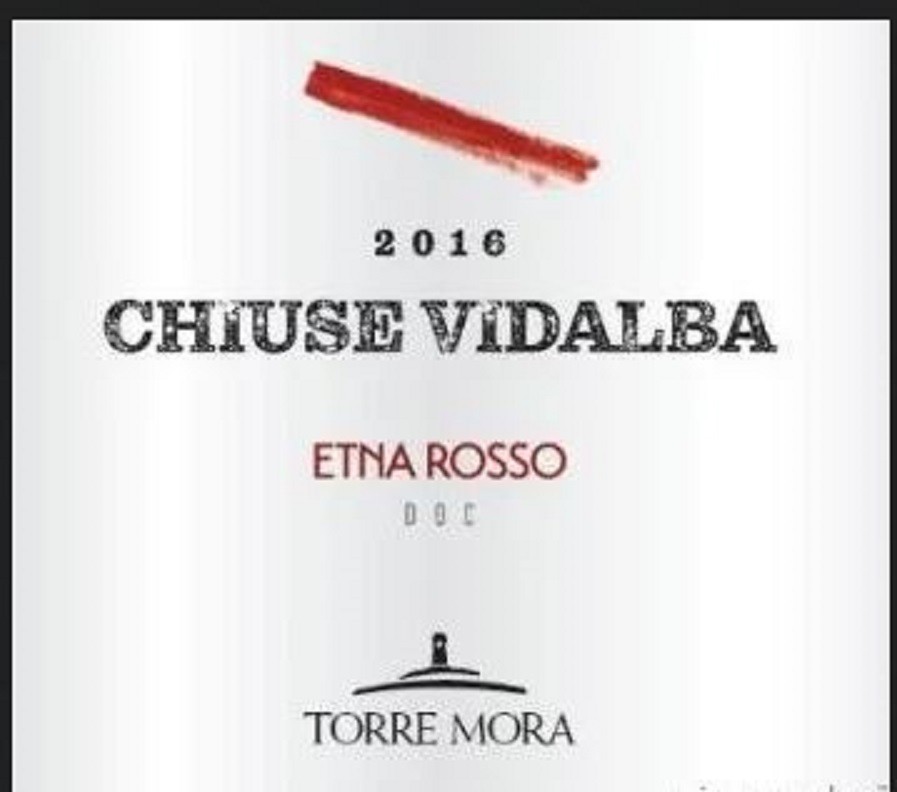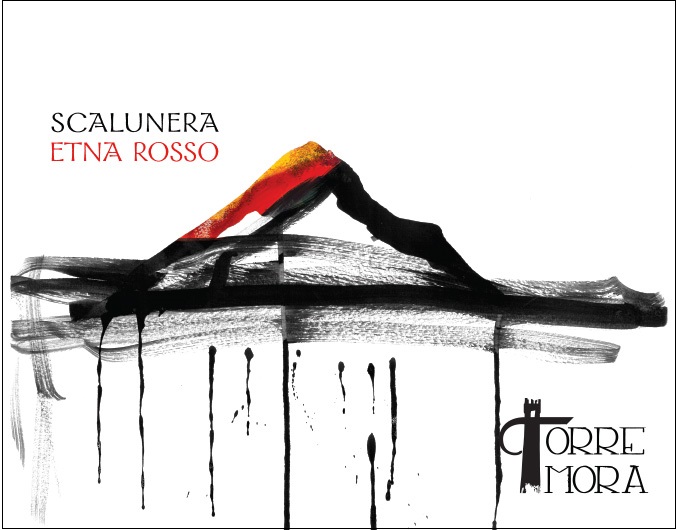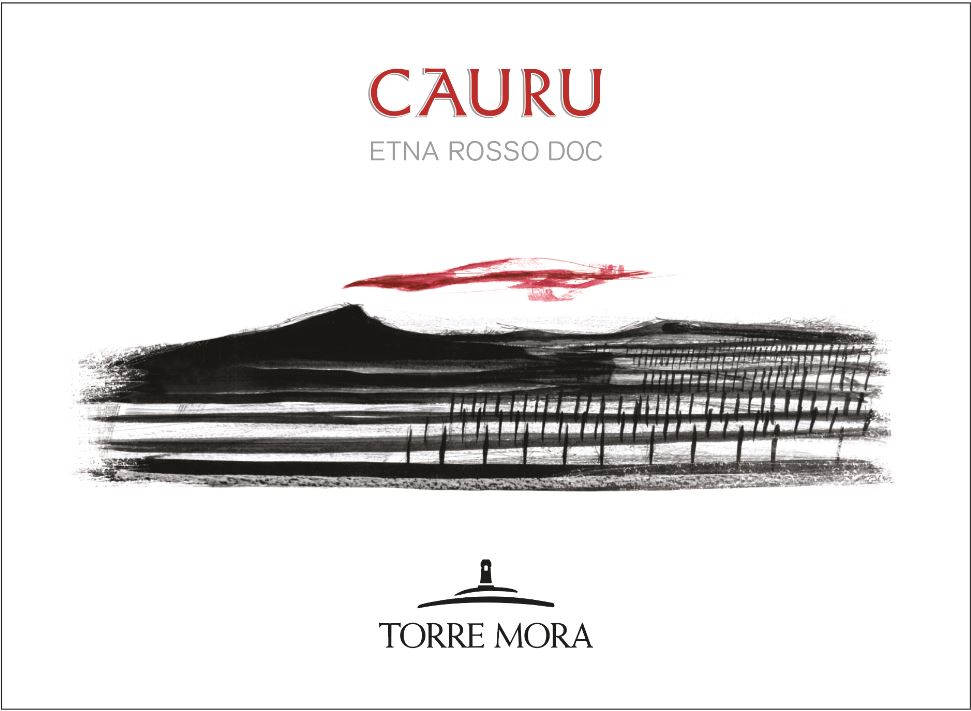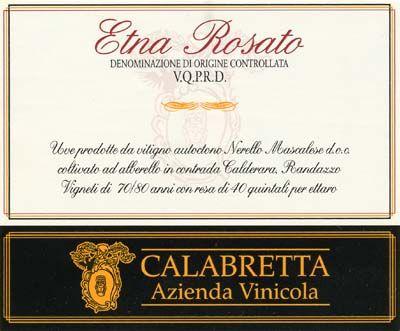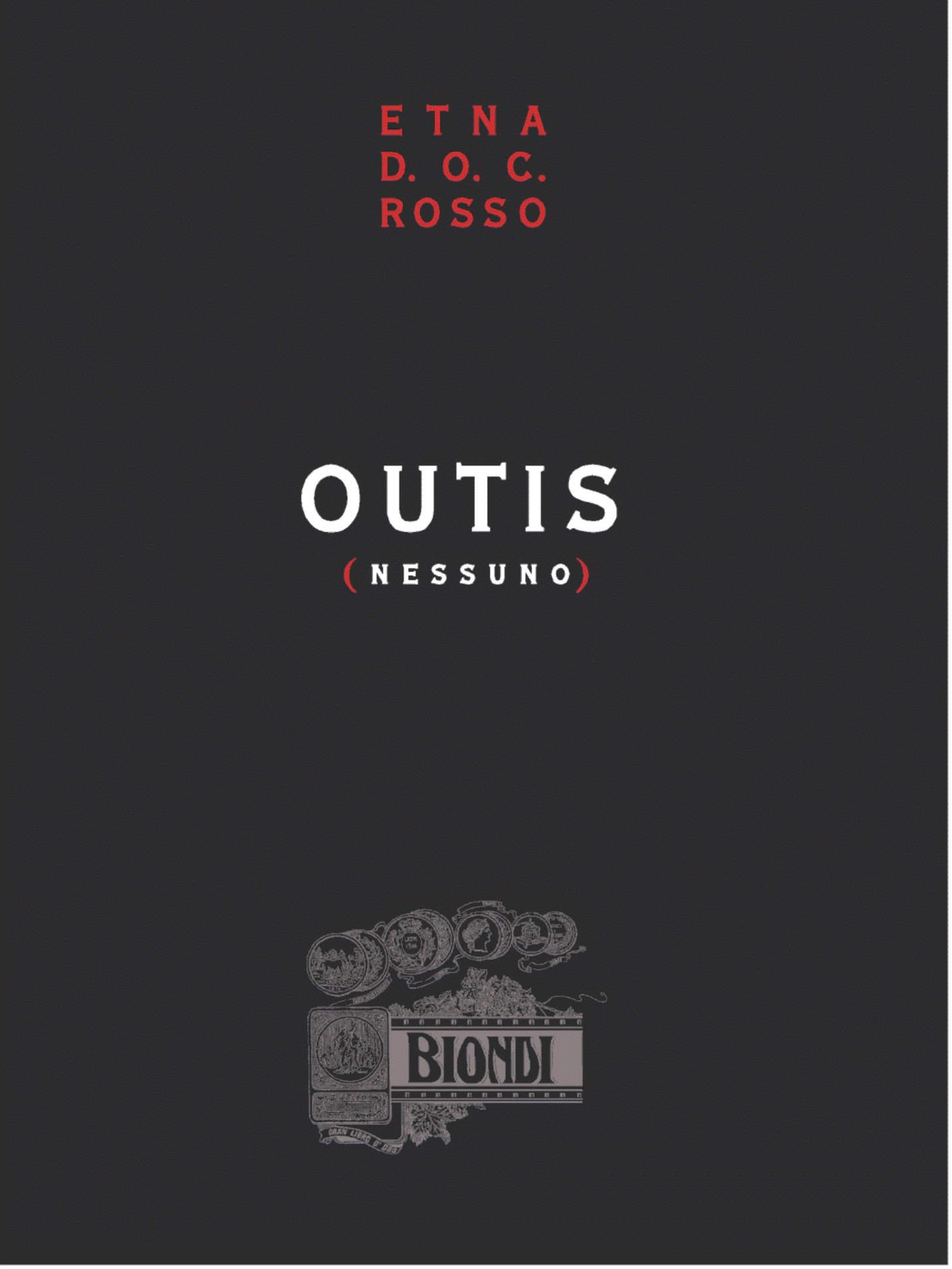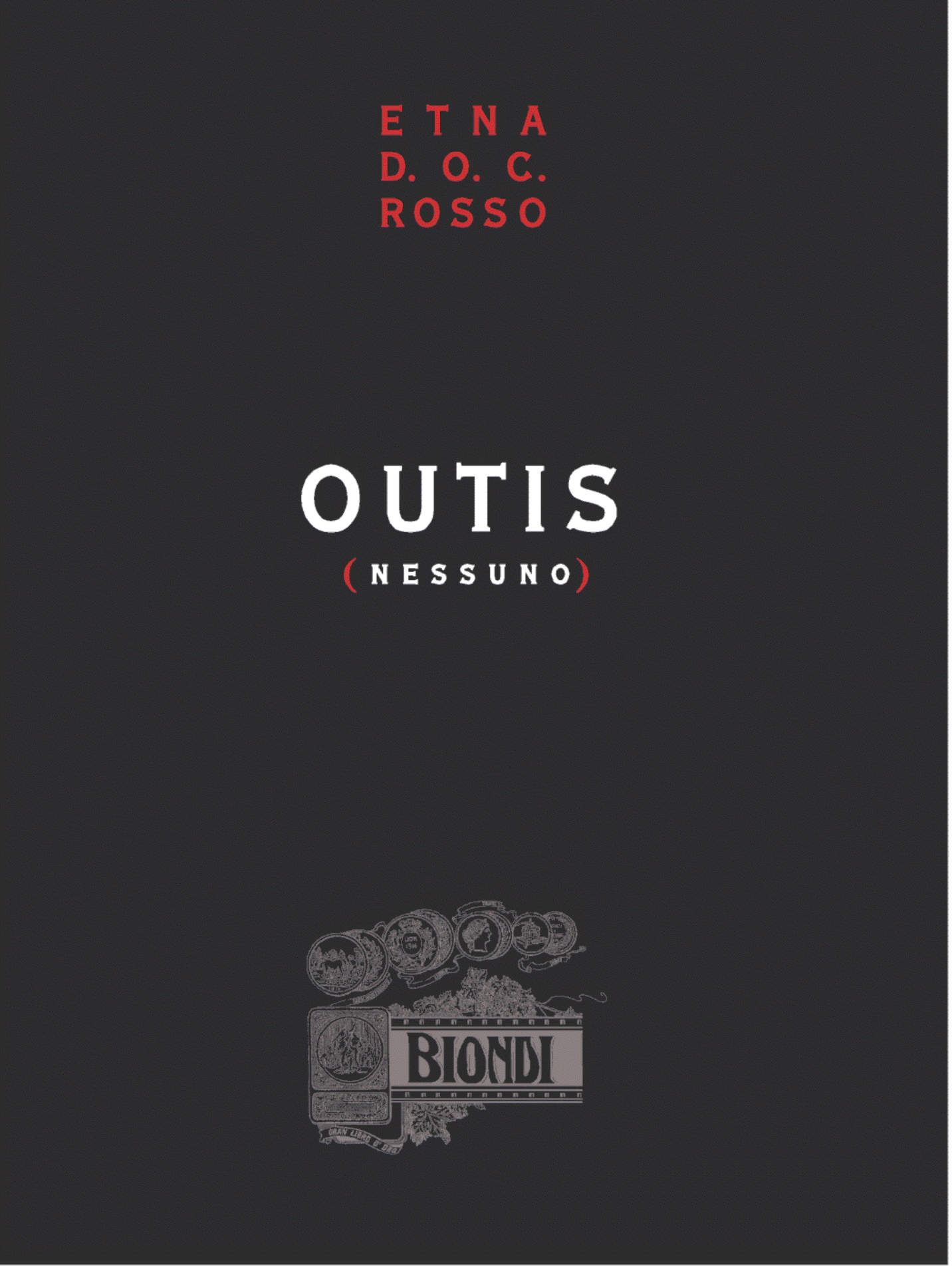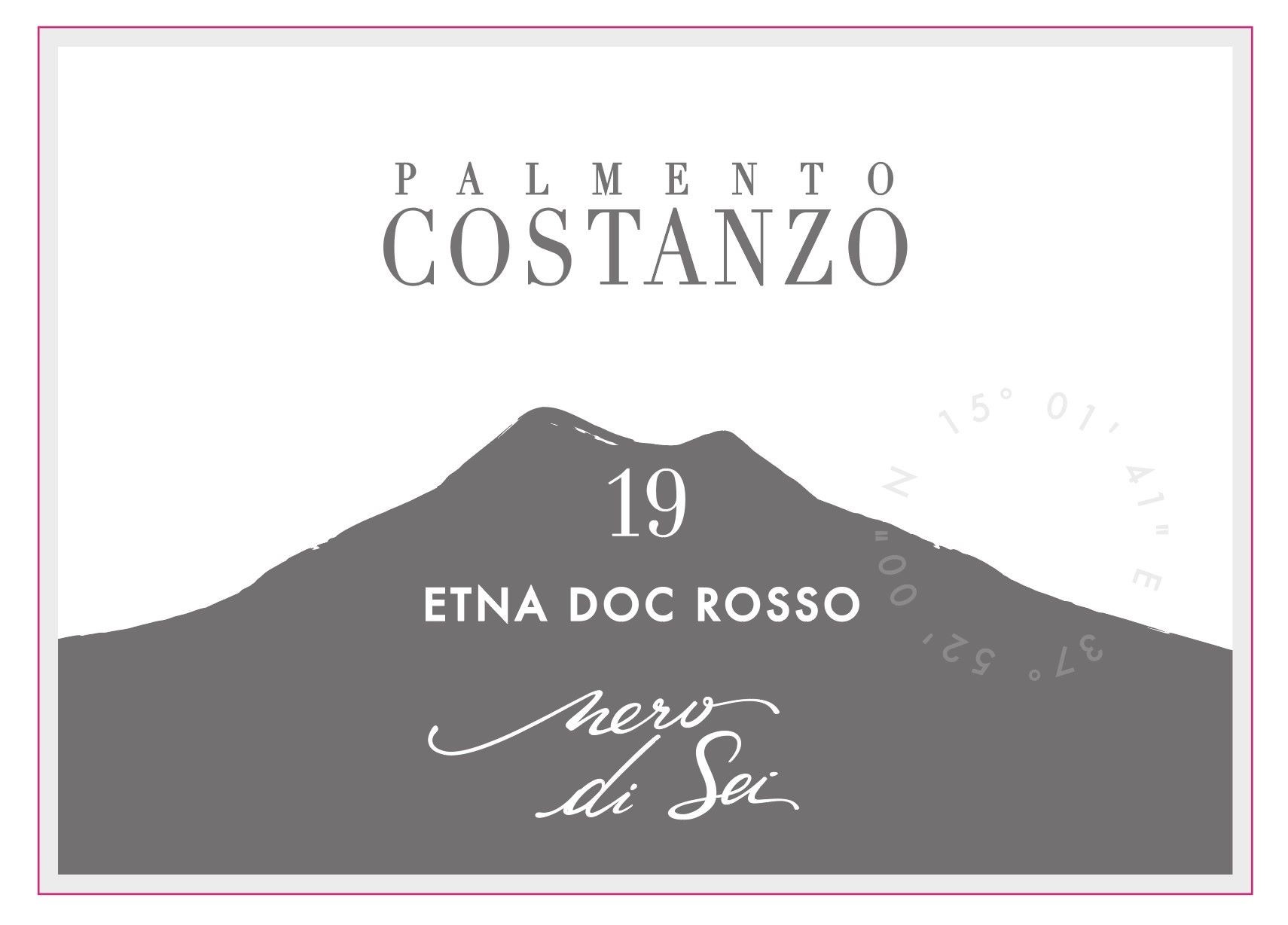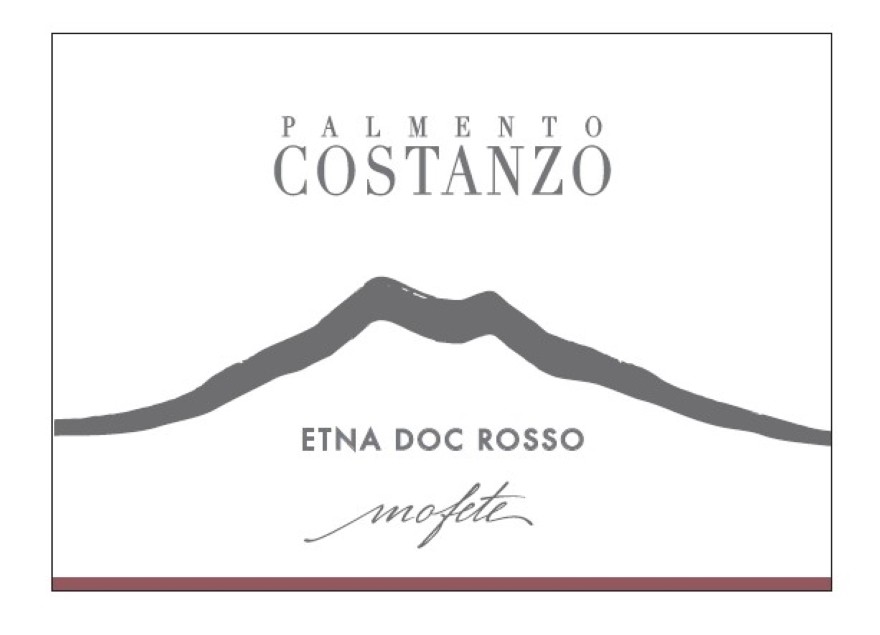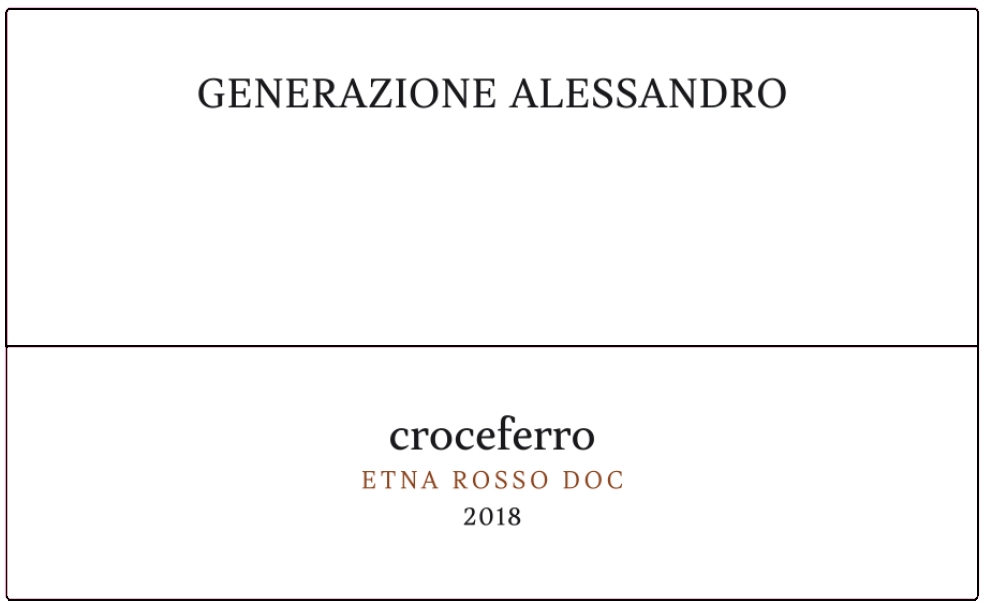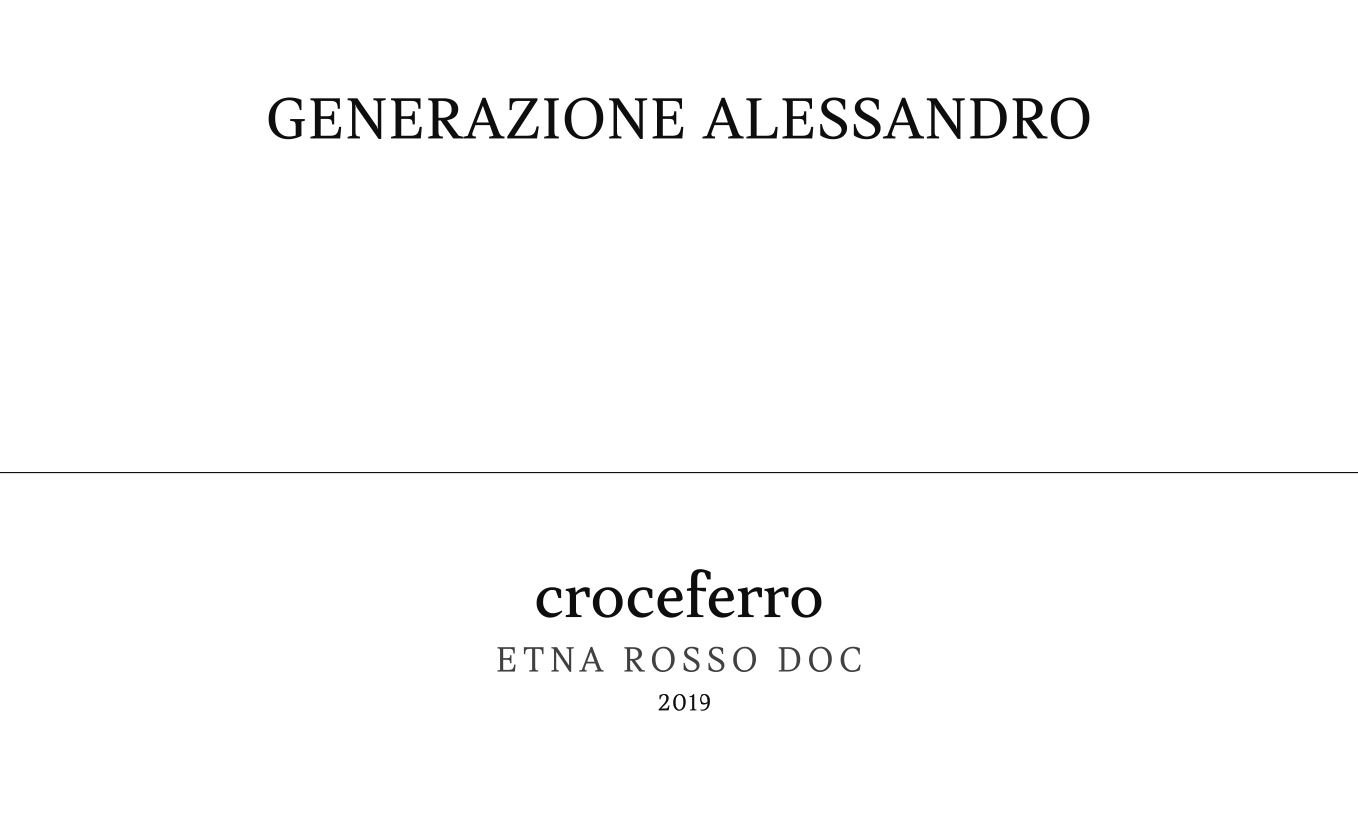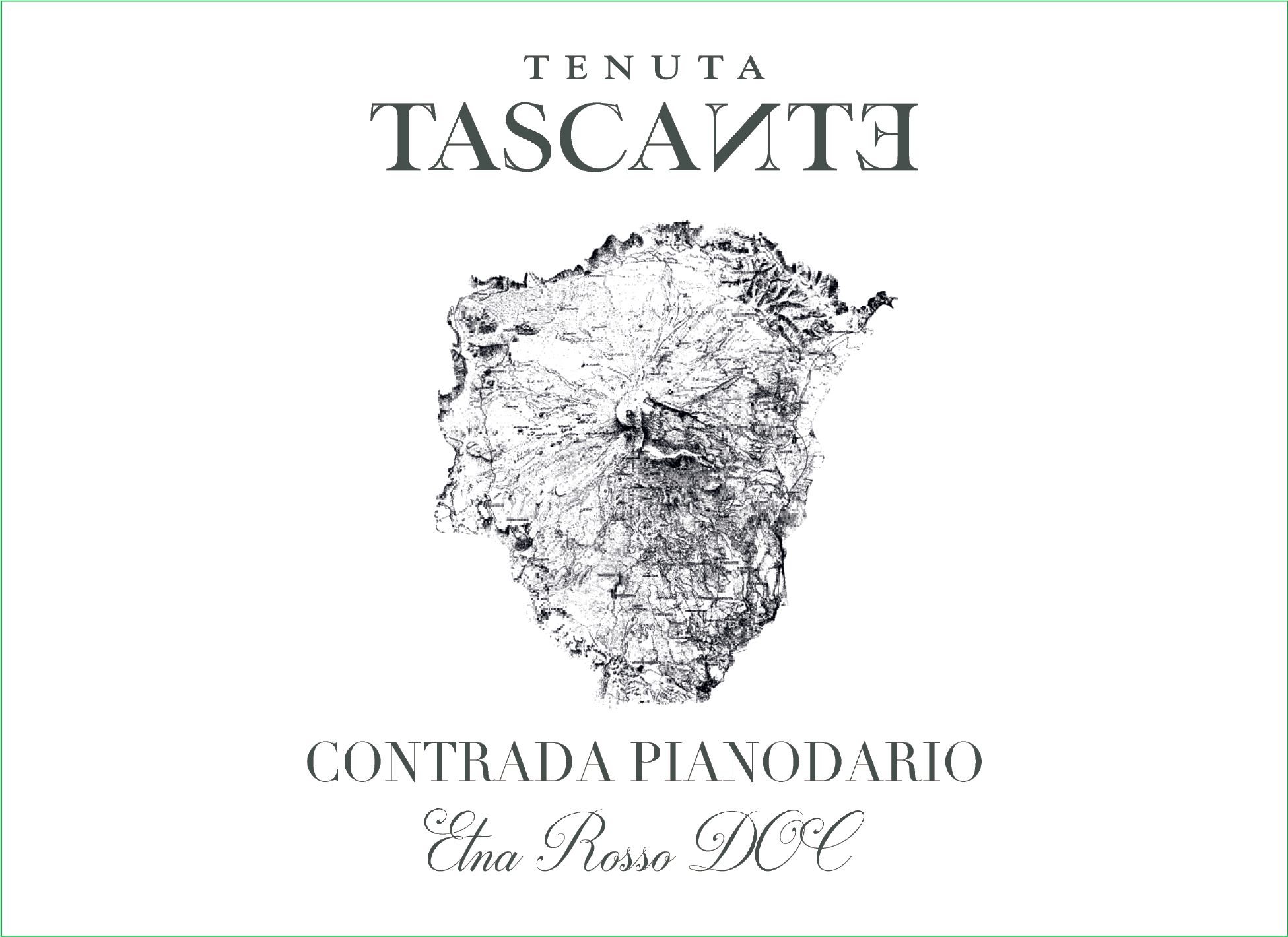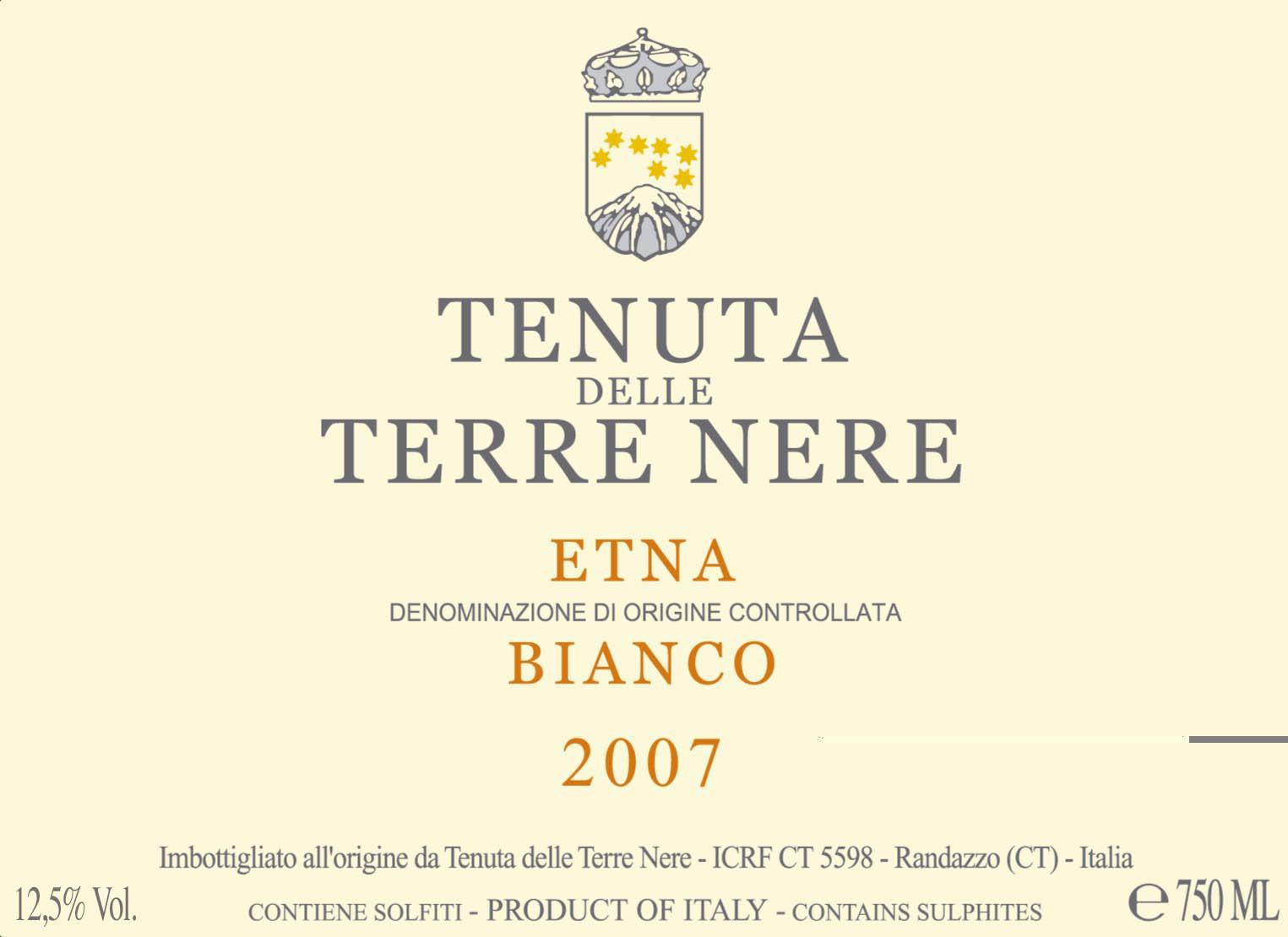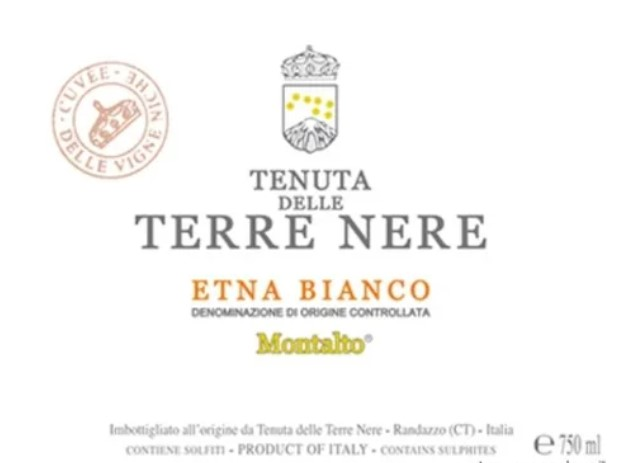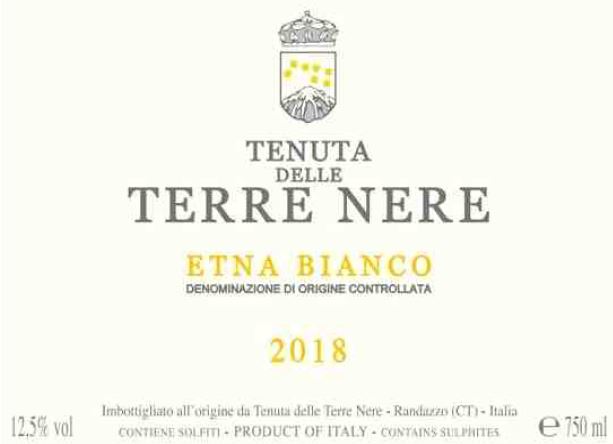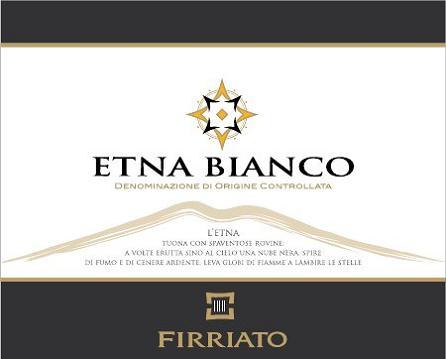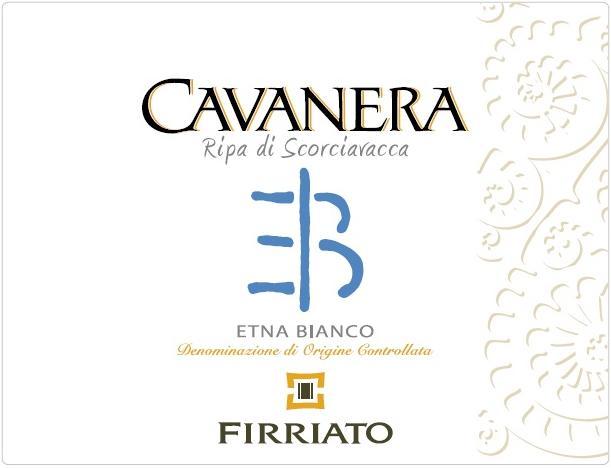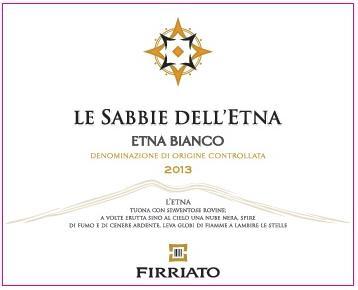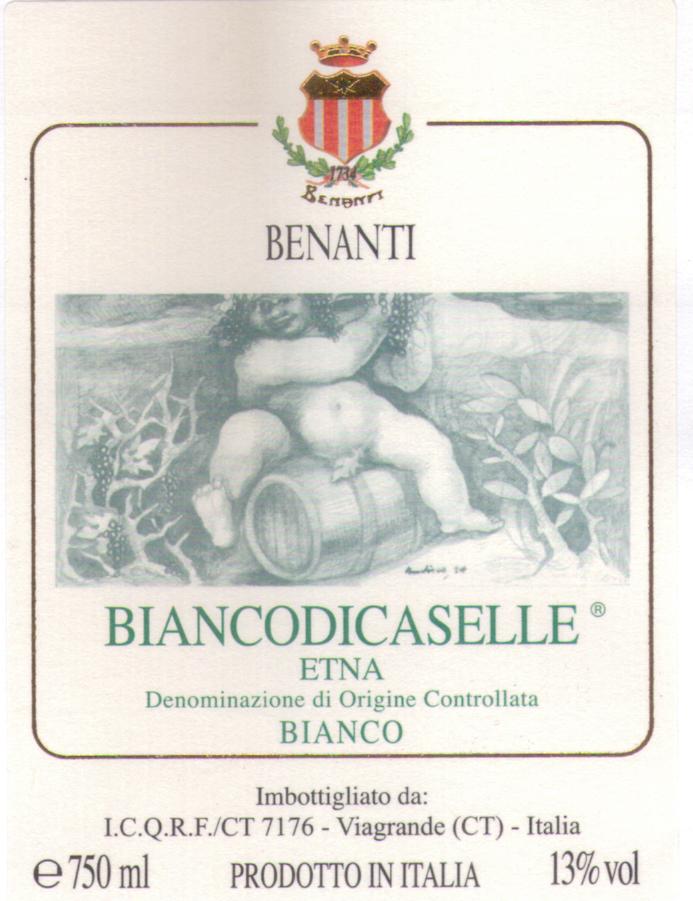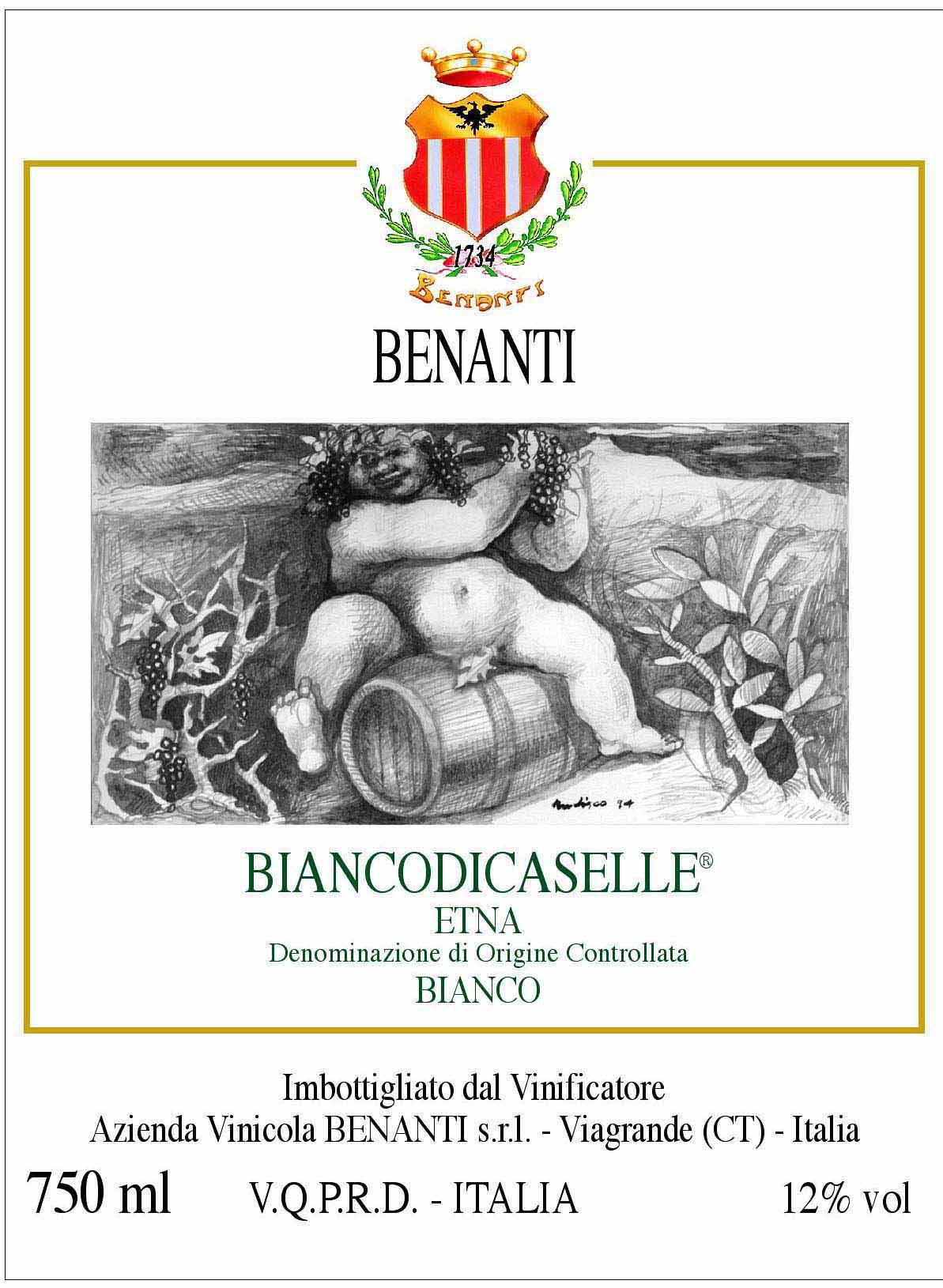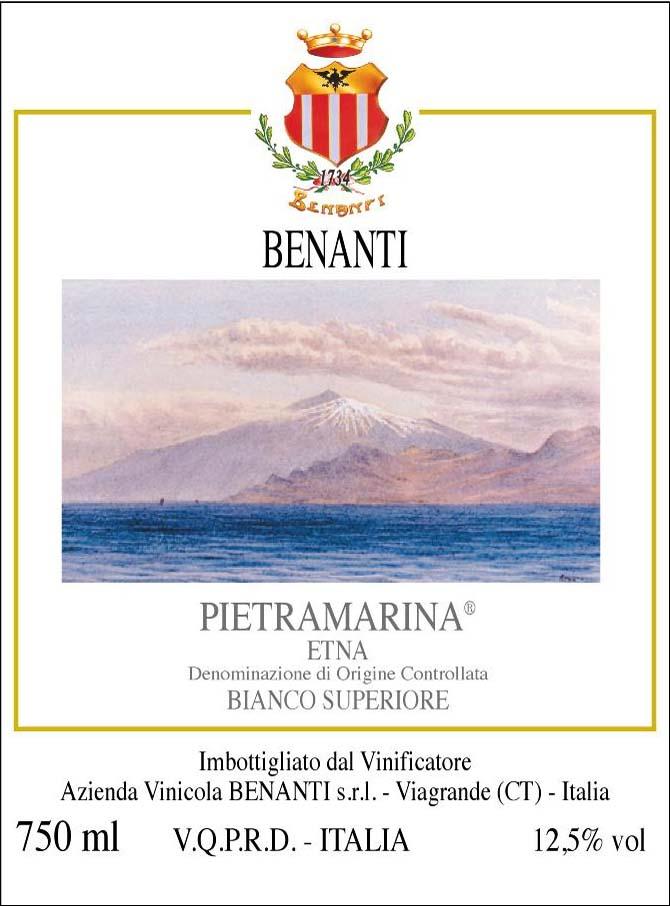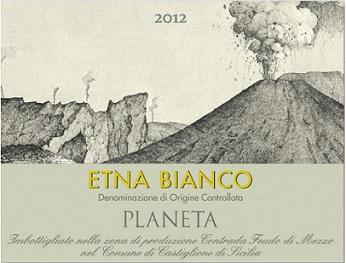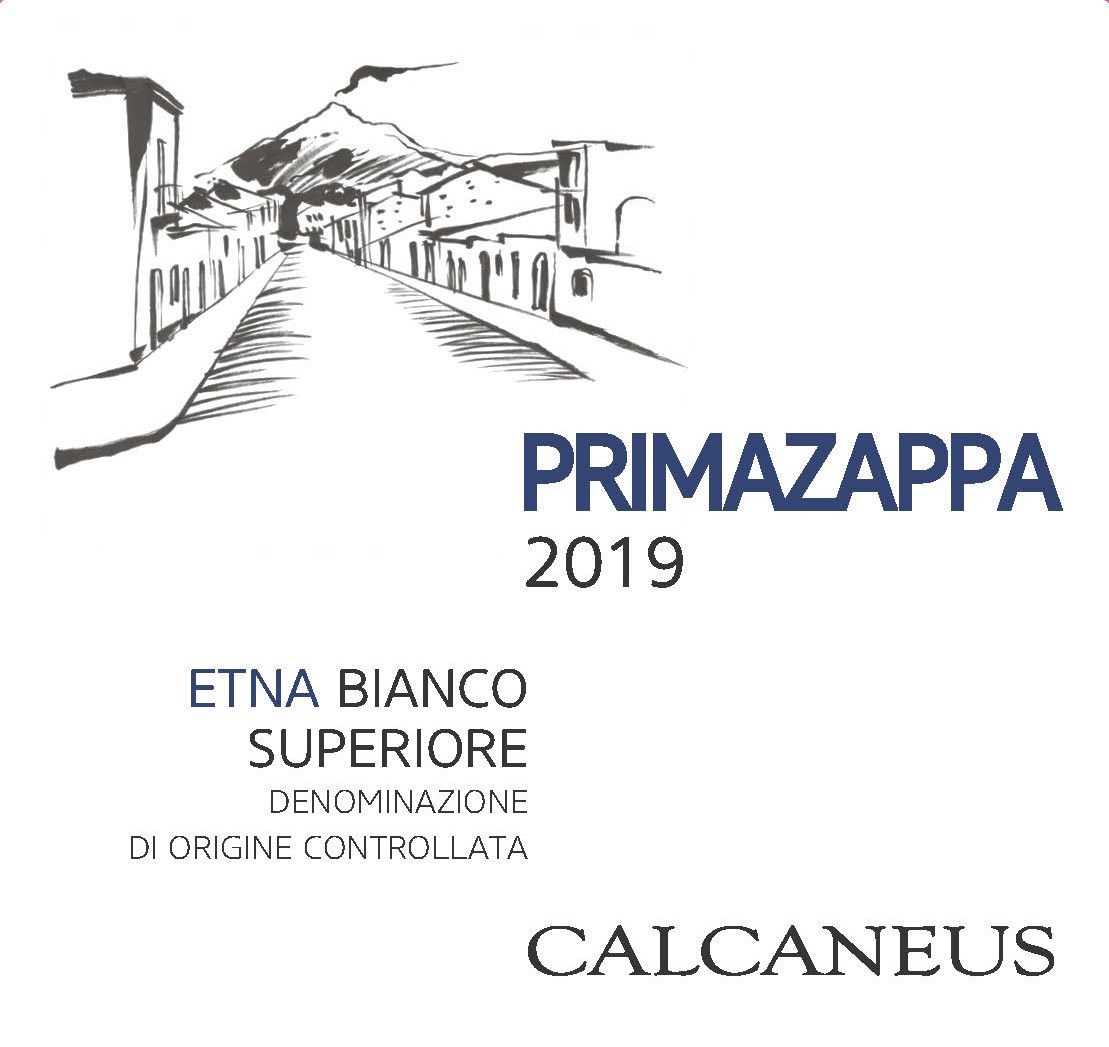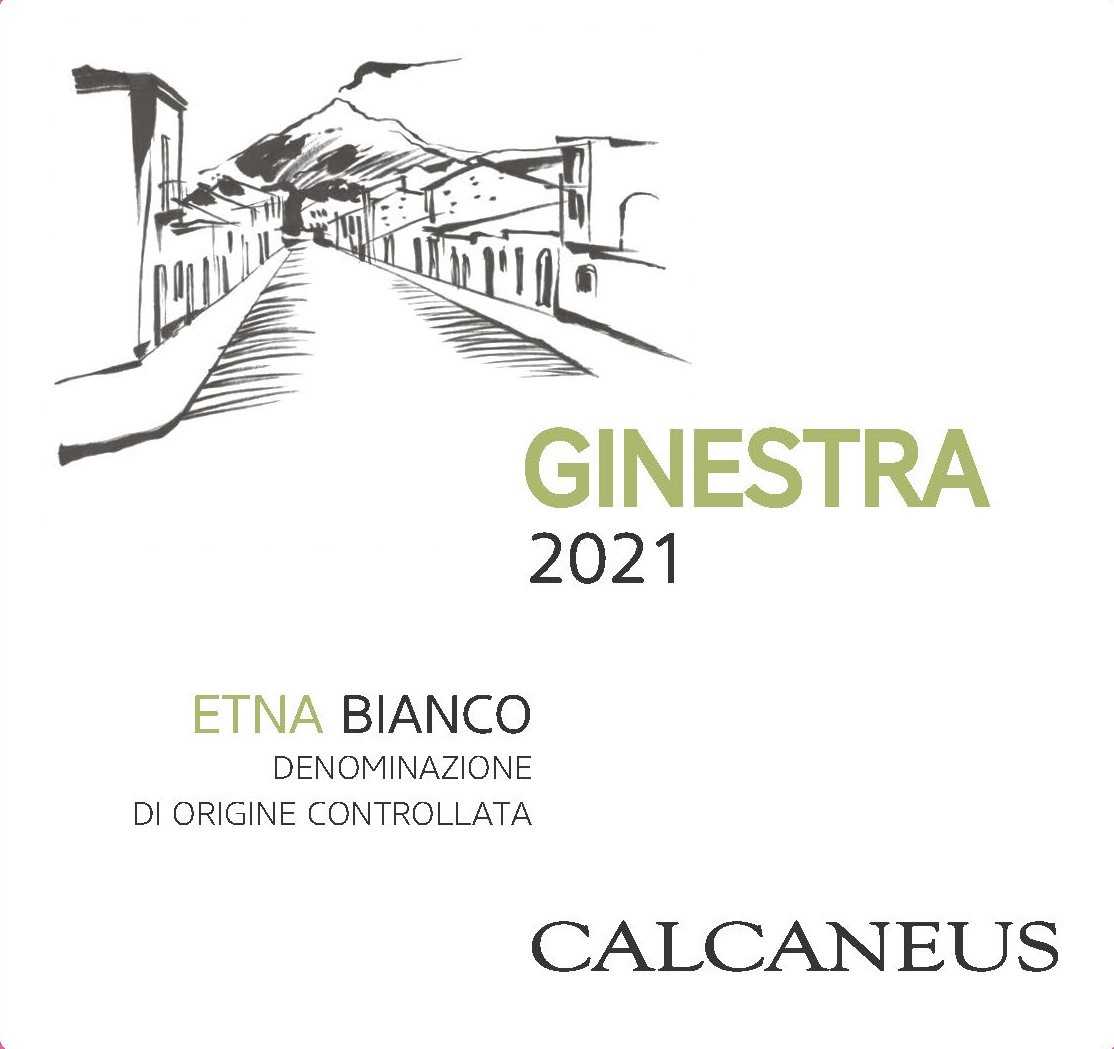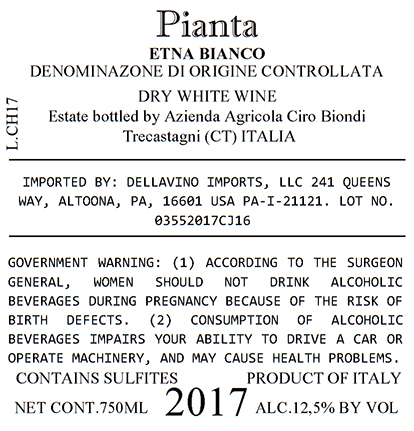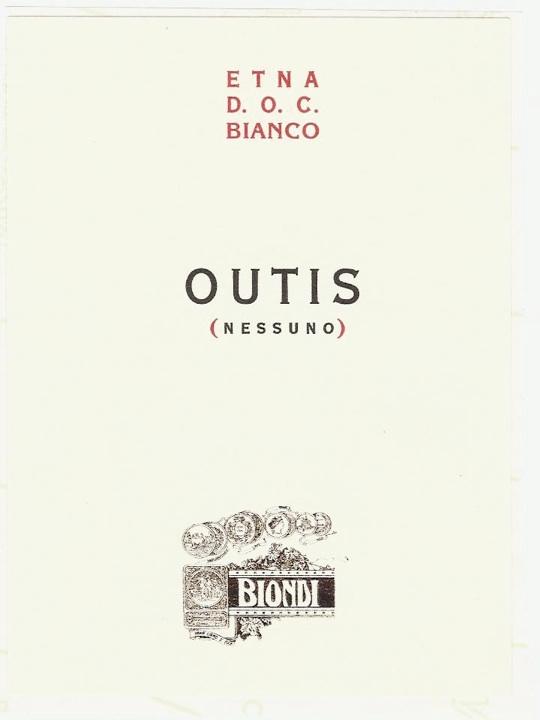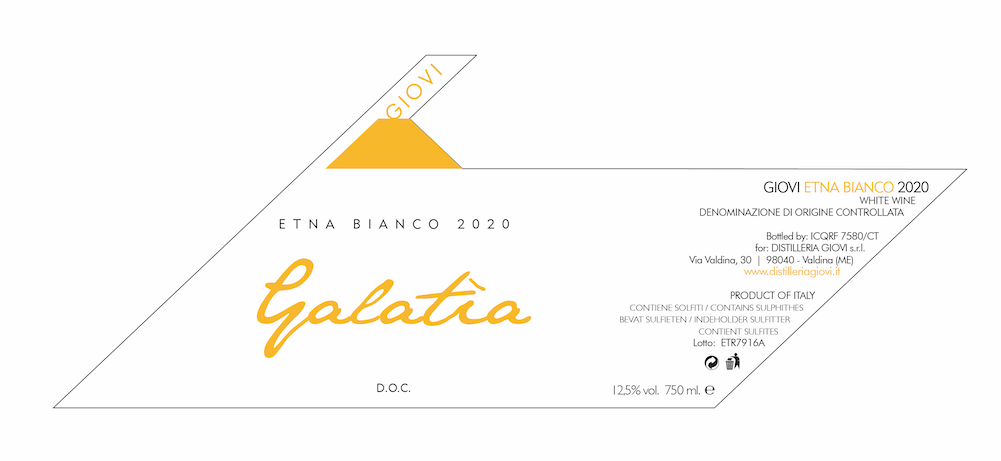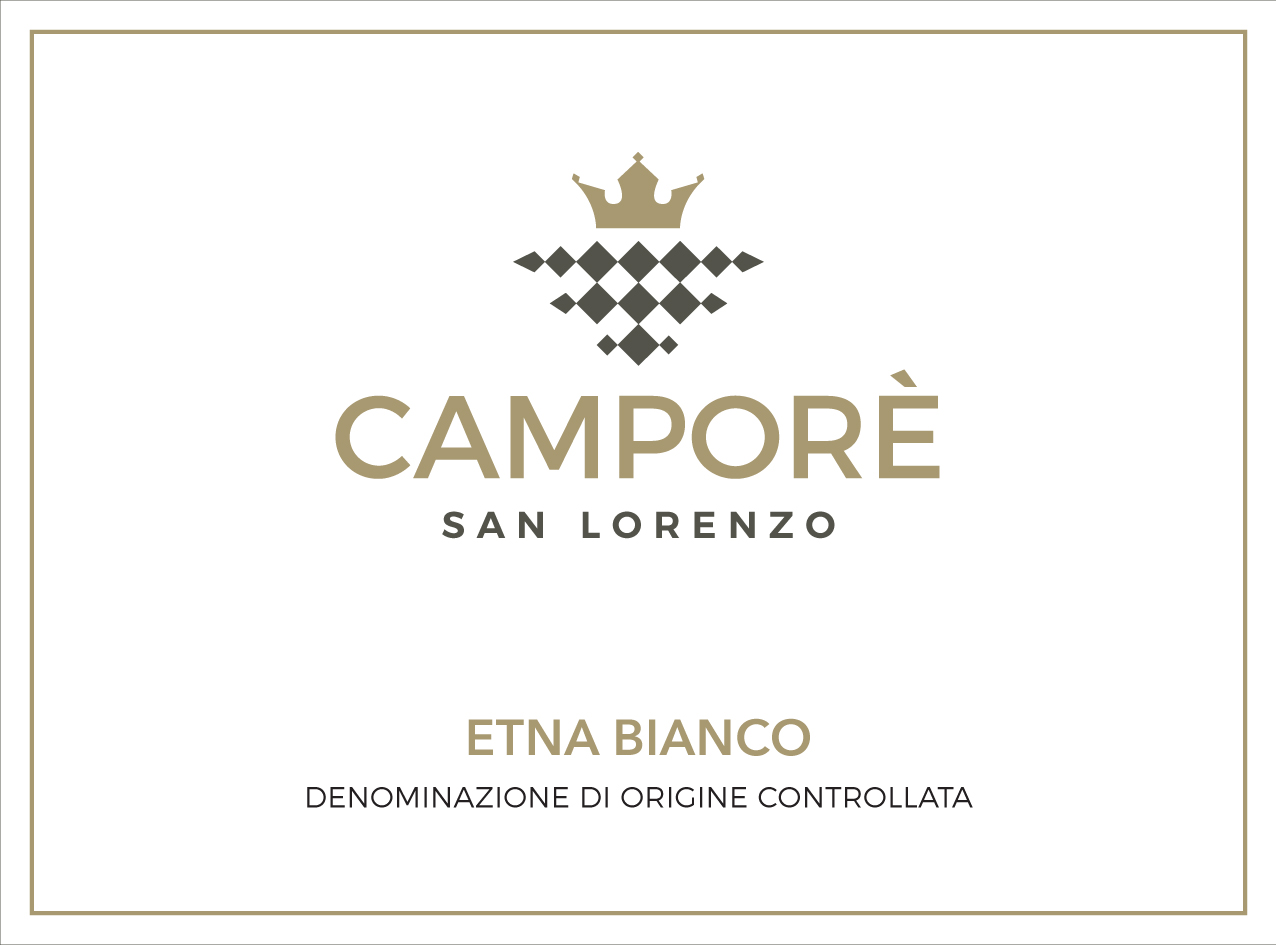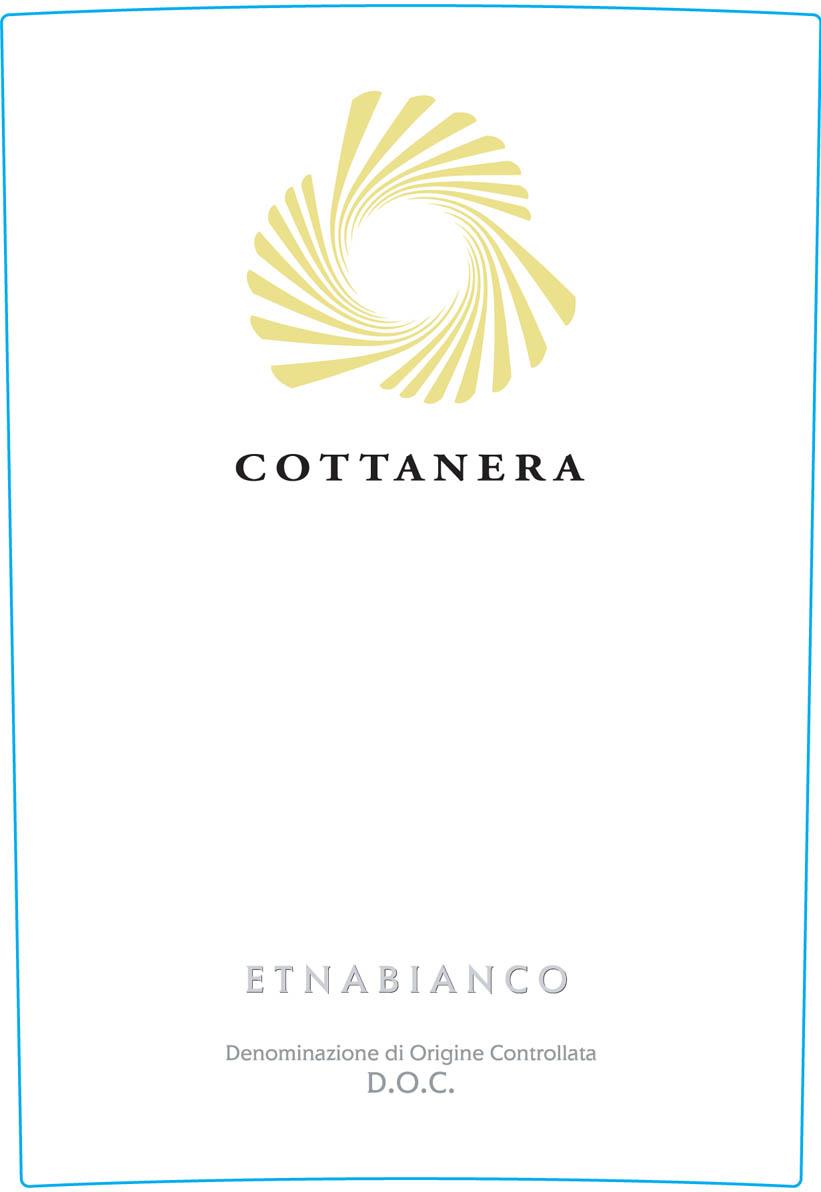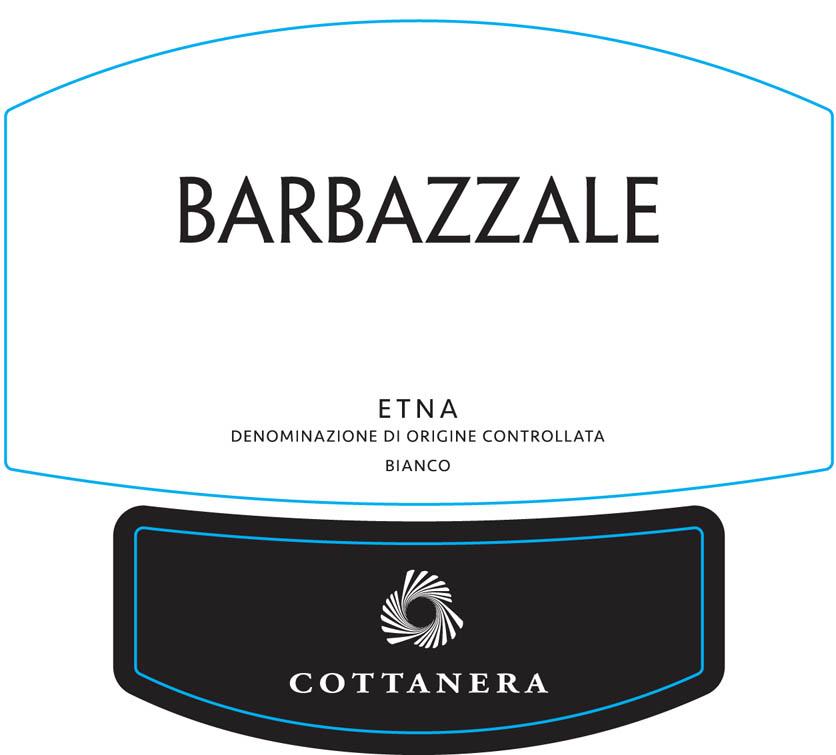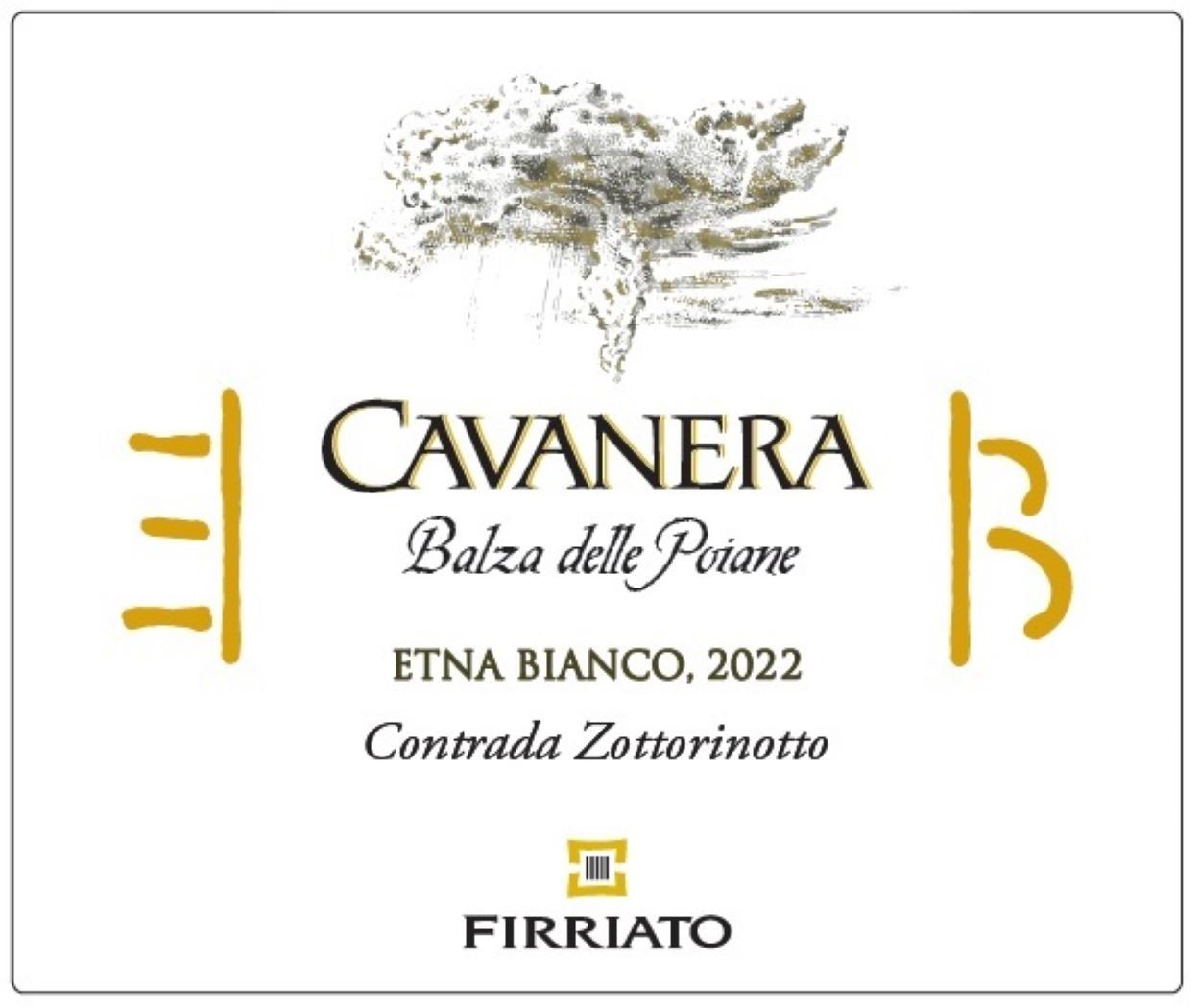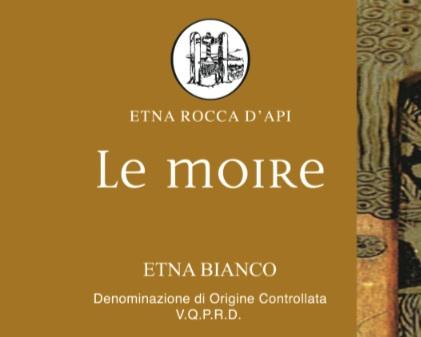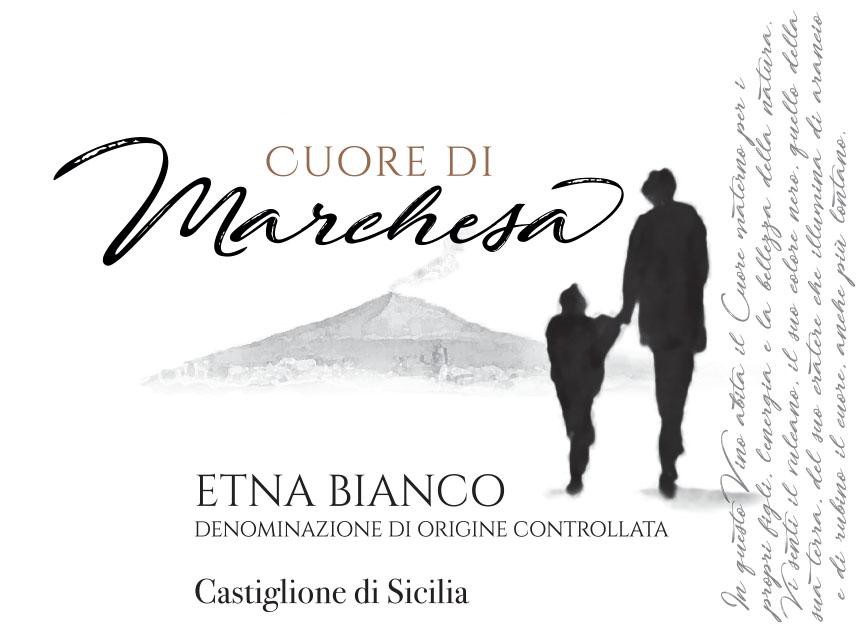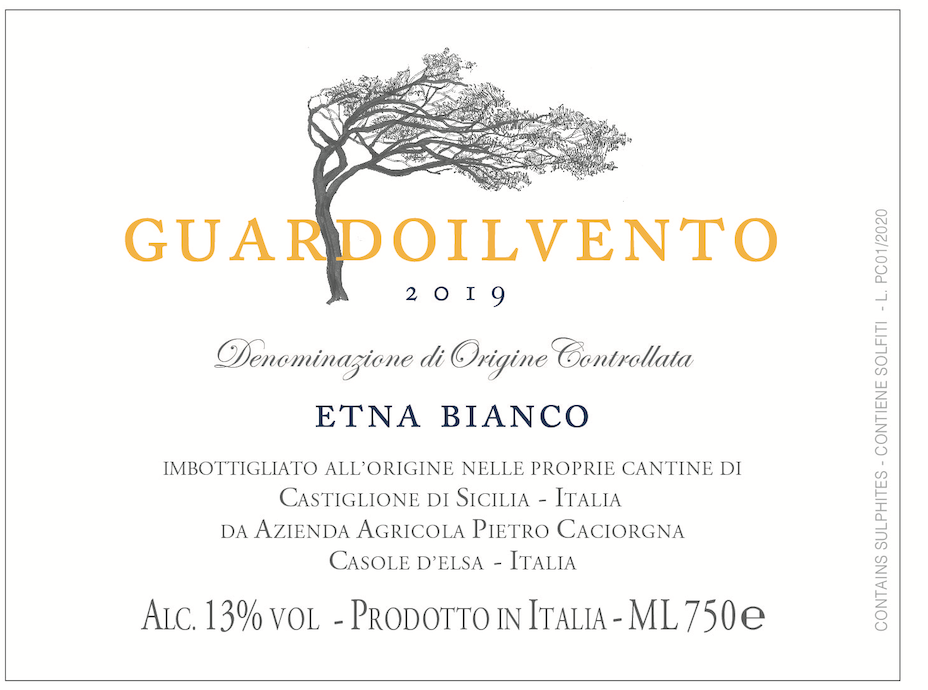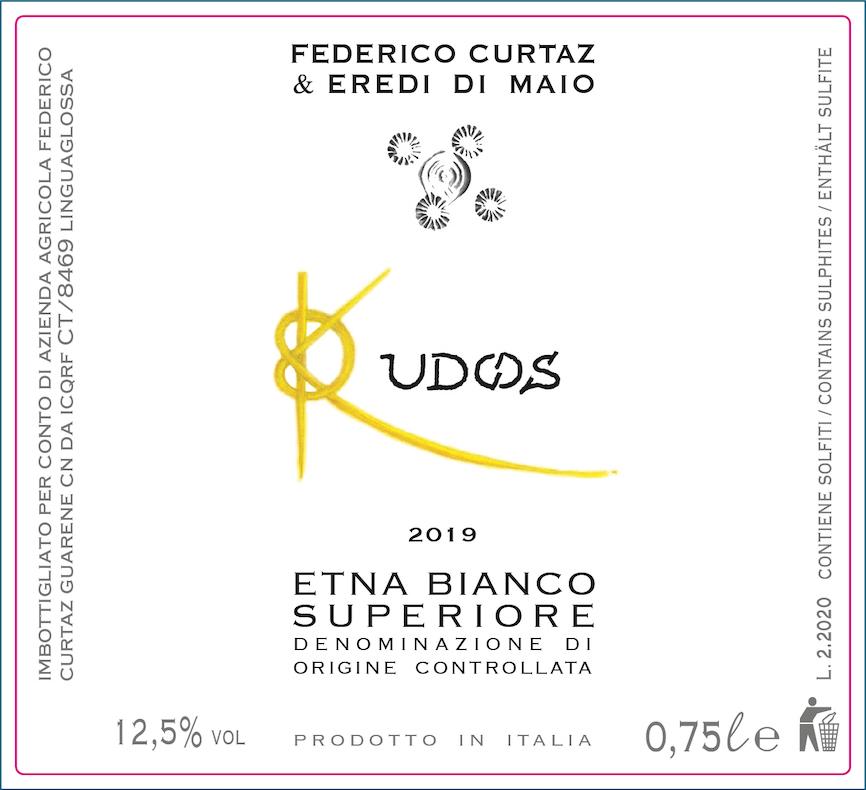Terroir of Etna
Mount Etna’s vineyards thrive on unique volcanic soil made of dark basaltic sand, gravel, and ash. This soil, formed by ancient and recent lava flows, offers great drainage and low nutrients, perfect for growing expressive vines. The steep slopes host bush-trained and sometimes ungrafted old vines, contributing to the region’s special wine-making landscape.
Etna's cooler climate, unusual for Sicily, is shaped by its height and sea breezes that cool the area. The warm summers are balanced by cooler nights, especially at higher elevations, which helps grapes ripen slowly.
Winters can see frost and snow above 800 meters, with most rain falling in autumn and winter.
These conditions, along with frequent breezes that reduce disease, result in wines with good acidity and rich flavors, showcasing the mountain’s varied microclimates.
Notable Wineries in Etna
Sicily's Etna region, with its dramatic volcanic landscapes, is a haven for distinctive and expressive wines. Here are some top wineries that capture the essence of this unique terroir:
-
Benanti (Viagrande): A pioneer in Etna wines, known for their iconic Etna Rosso and Bianco, reflecting the region's volcanic soul.
-
Tenuta delle Terre Nere (Randazzo): Renowned for organic practices and high-altitude vineyards, producing single-contrada wines.
-
Passopisciaro (Castiglione): Celebrated for its high-elevation vineyards, offering wines rich in elegance and minerals.
-
Planeta (Castiglione di Sicilia): Part of a larger operation, this estate delivers modern tasting experiences with stunning volcano views.
-
Frank Cornelissen (northern slopes): This Belgian-born producer is a cult favorite, known for his raw, minimal-intervention wines.
Sustainable Winemaking in Etna
Etna's rugged landscape naturally encourages sustainable wine practices. Many vineyards here use organic and biodynamic methods, embracing eco-friendly farming as part of their commitment to preserving Mount Etna's unique environment.
Due to the steep and rocky terrain, most vineyard work, including pruning and harvesting, is done by hand, which reduces the need for machinery. This manual approach, combined with cover cropping and reduced tillage, helps prevent soil erosion and maintains soil health.
The high altitude and breezy climate minimize the need for chemical herbicides or strong fungicides. In the cellar, winemakers often opt for native yeasts and minimal sulfur, focusing on the natural volcanic flavors.
Some wineries are also adopting solar energy and water-saving techniques, reflecting a broader commitment to sustainability. For Etna's growers, protecting the mountain's ecosystem is a vital part of their winemaking tradition.
Wine Tourism in Etna
Etna's wine tourism is a captivating journey through Sicily's volcanic landscapes. Visitors can explore the terroir of this historic wine region, where local estates offer diverse experiences, from modern tasting rooms to rustic cellar tours.
The region's wine routes wind through charming villages like Randazzo and Milo, each offering a taste of Etna's renowned wines. Agriturismi and boutique B&Bs offer tailored packages that blend local cuisine with wine tastings.
Seasonal events, such as harvest festivals, enrich the experience, allowing immersion in traditional winemaking practices. Activities like hiking and biking complement wine explorations, with excursions to Mt. Etna's craters or nearby beaches providing breathtaking vistas.
Emphasizing authenticity, Etna's wine tourism invites guests to partake in grape-stomping, cooking classes, and intimate tastings, all set against the backdrop of an active volcano, showcasing the region's commitment to sustainable and expressive winemaking.
